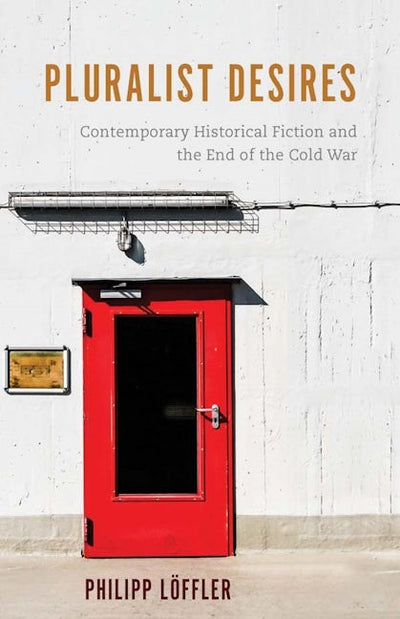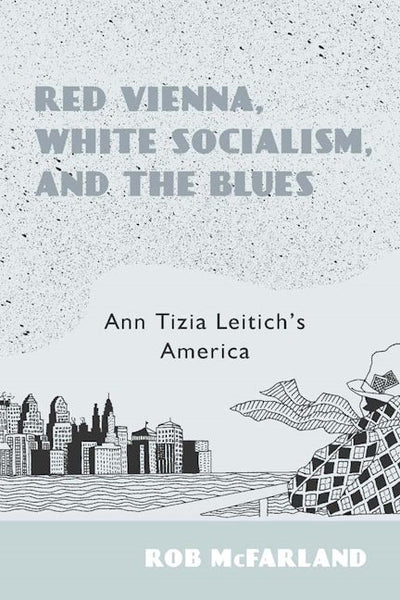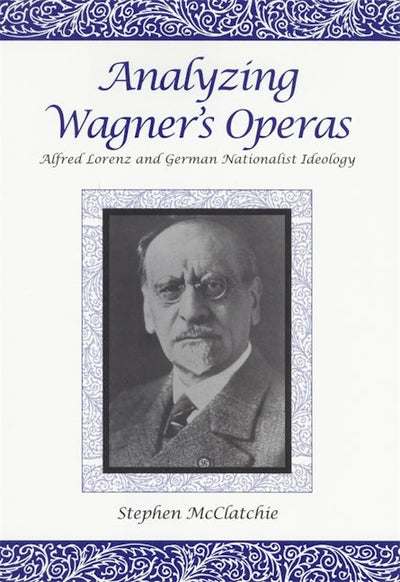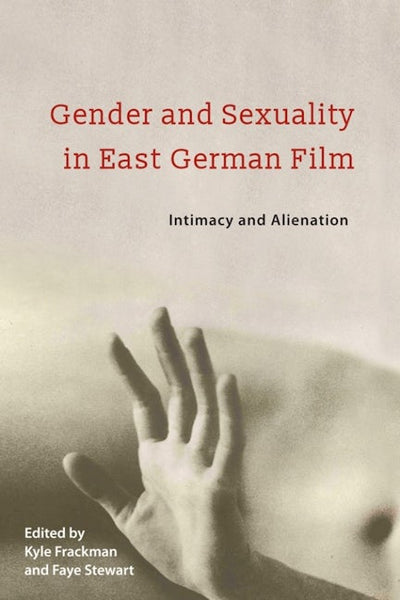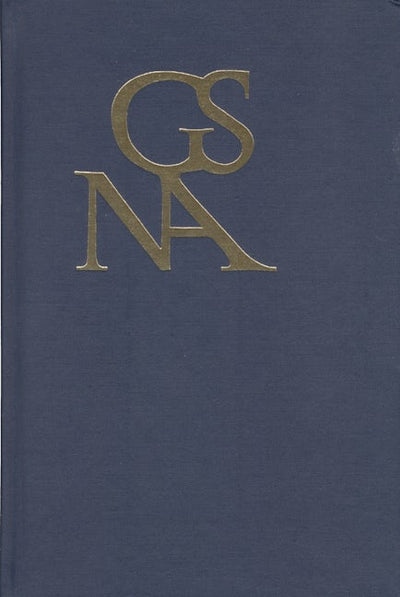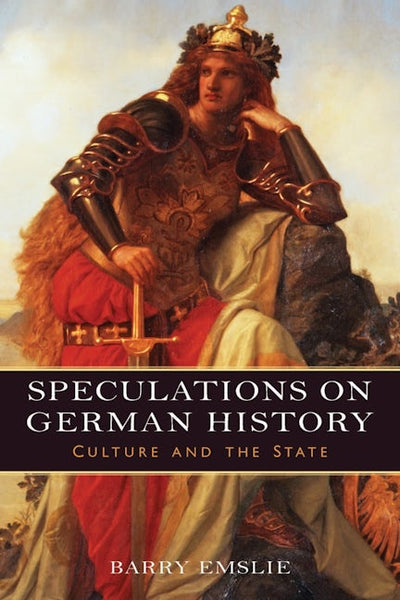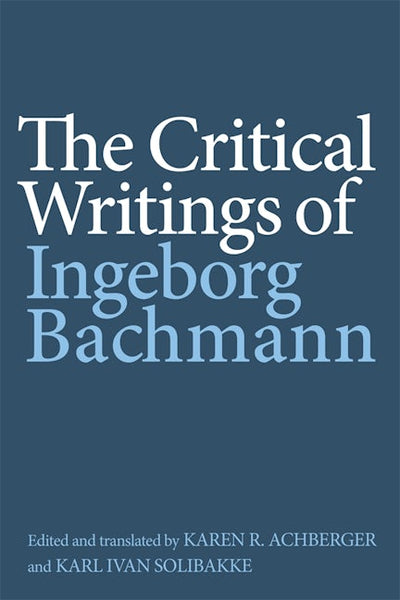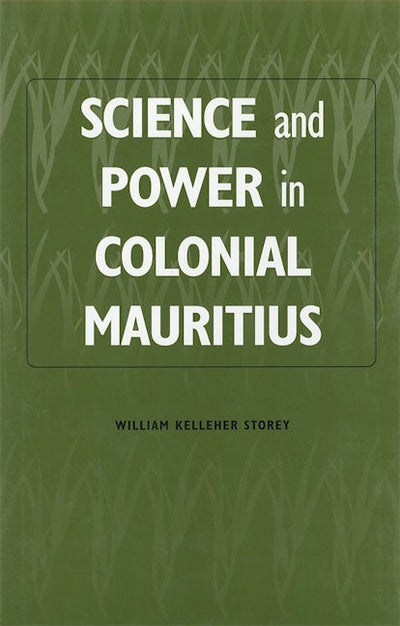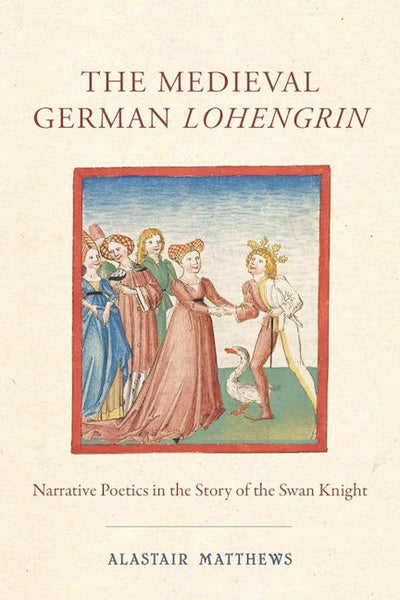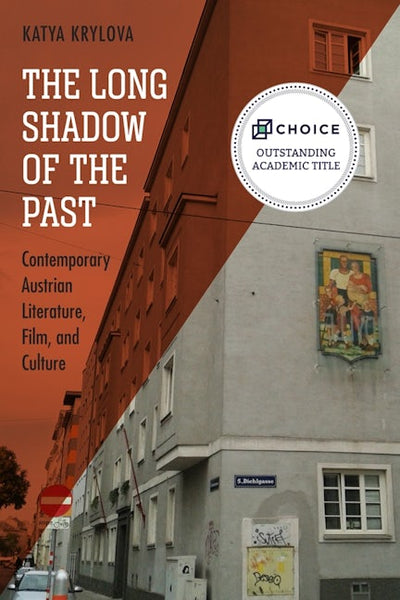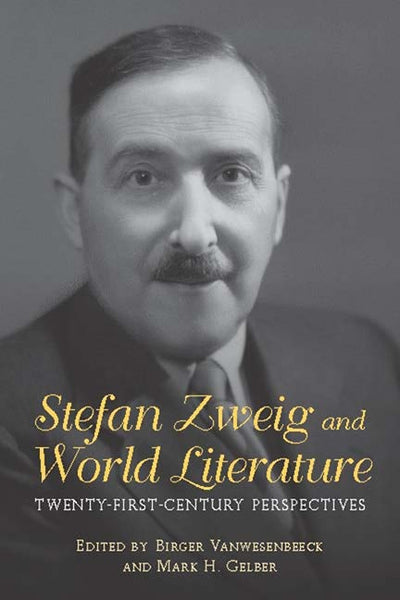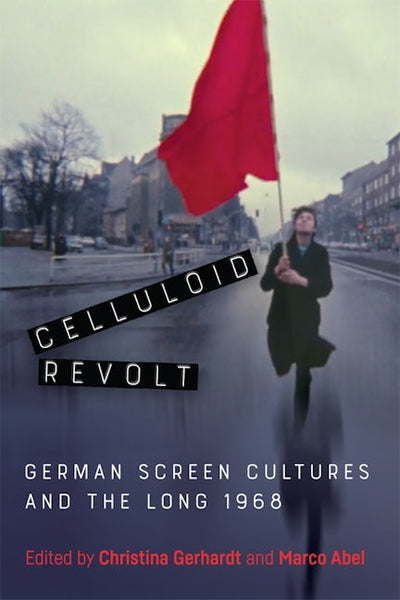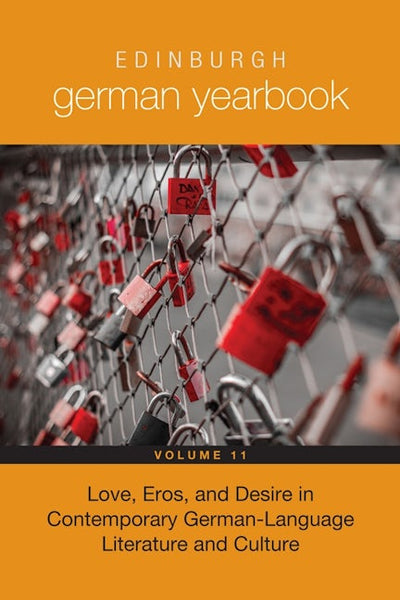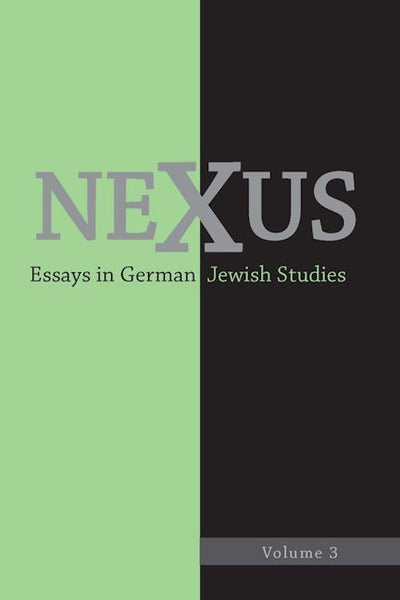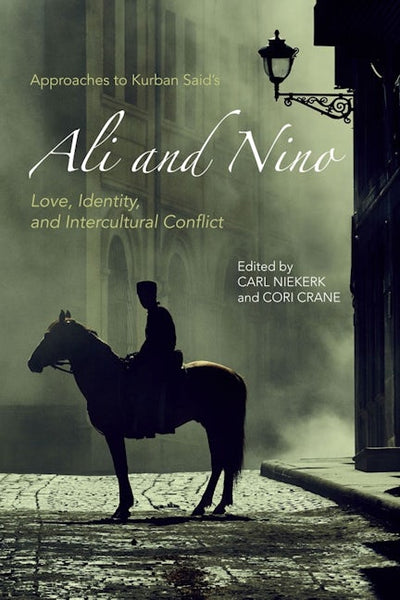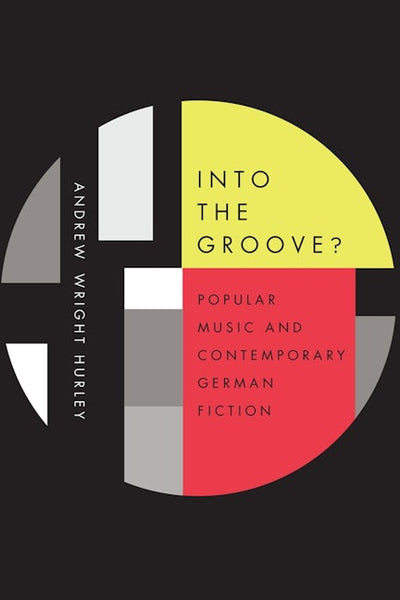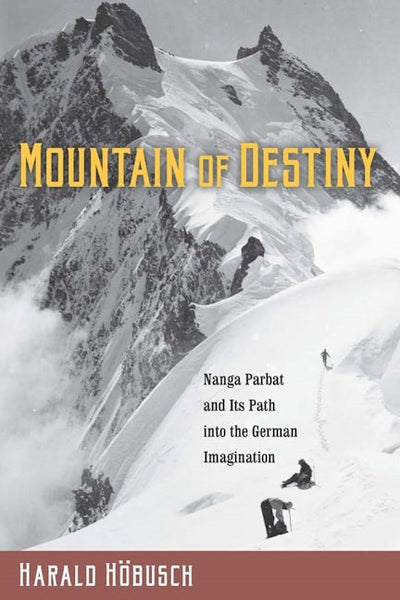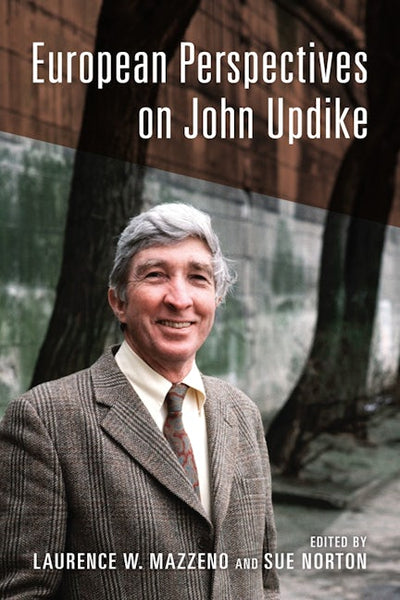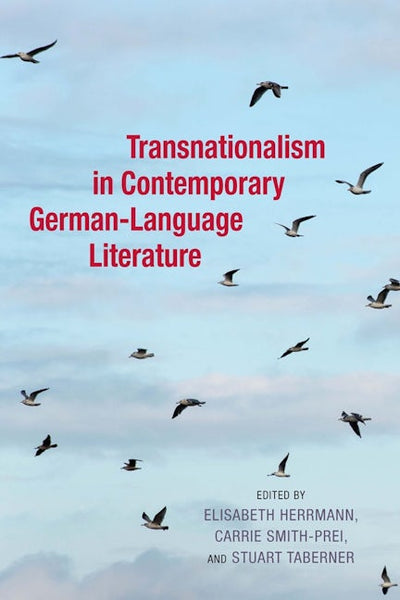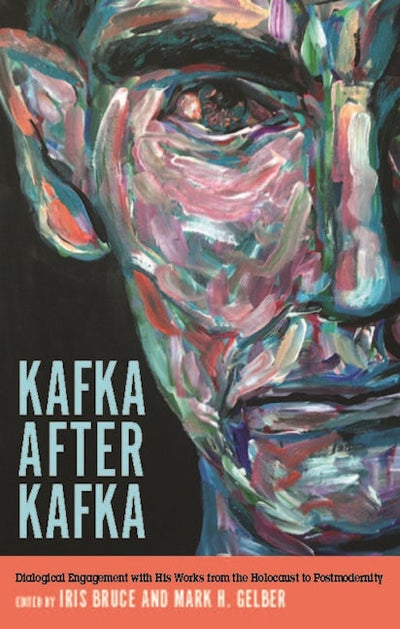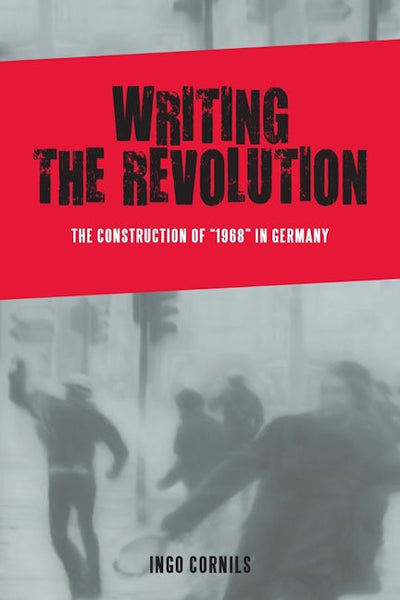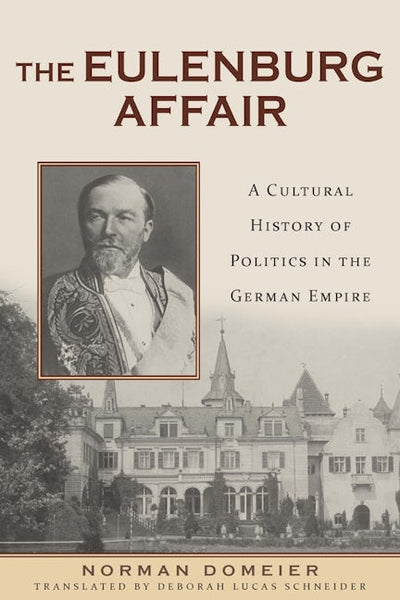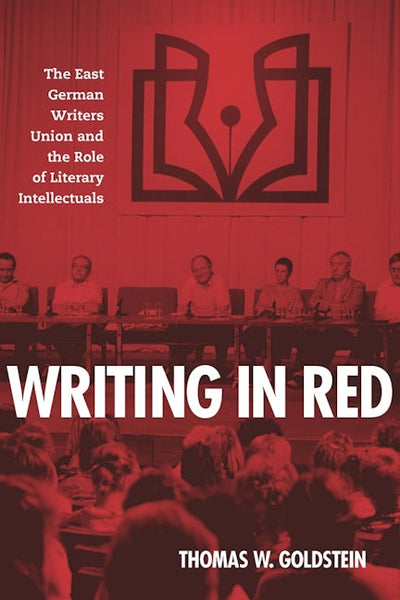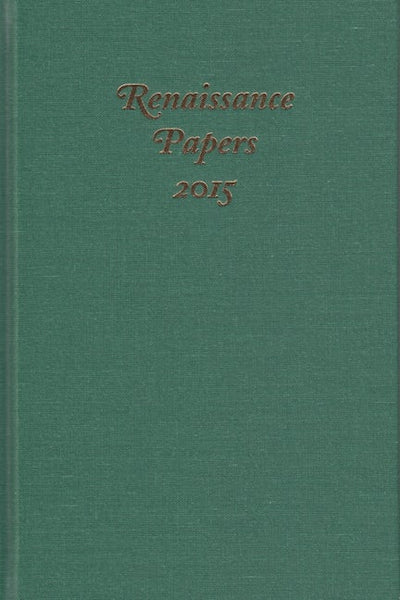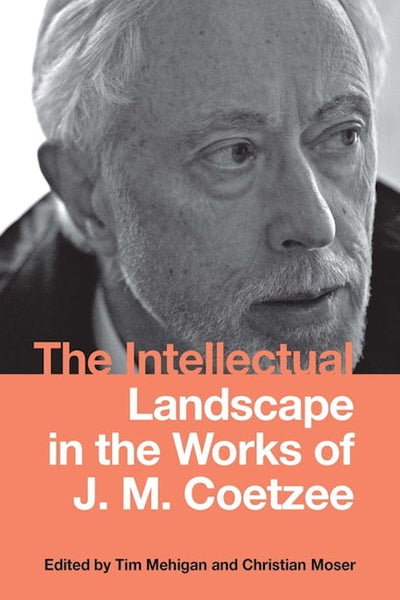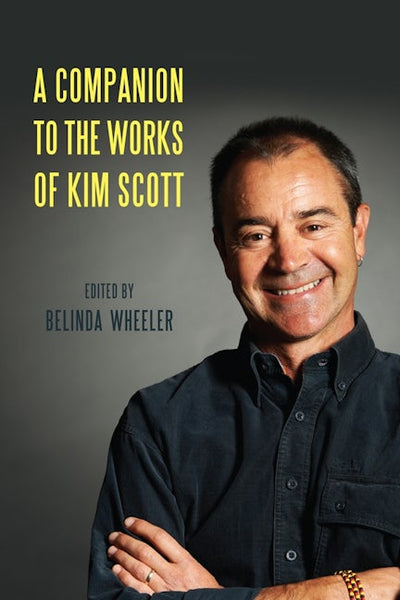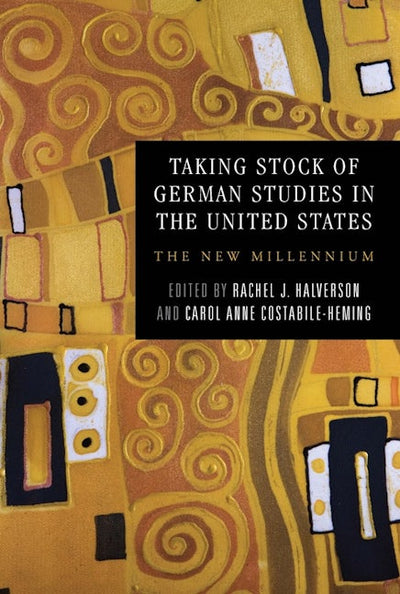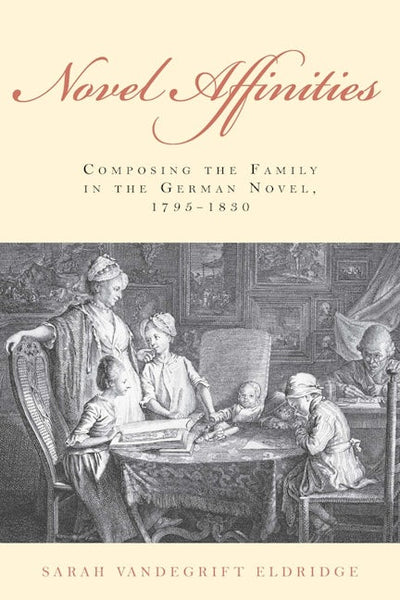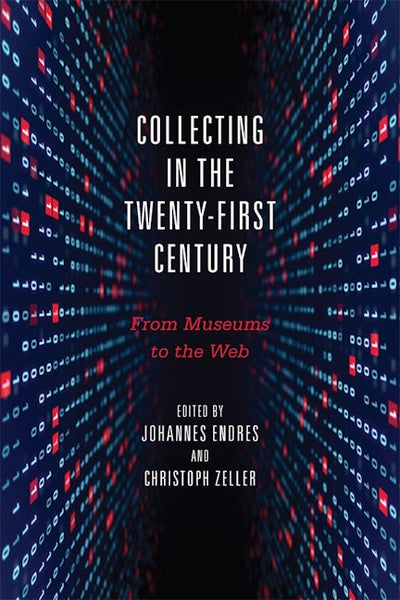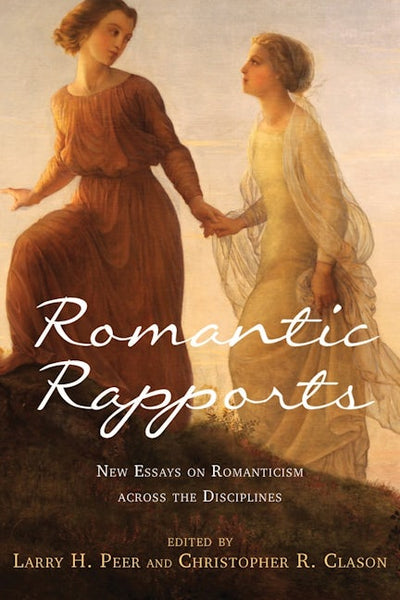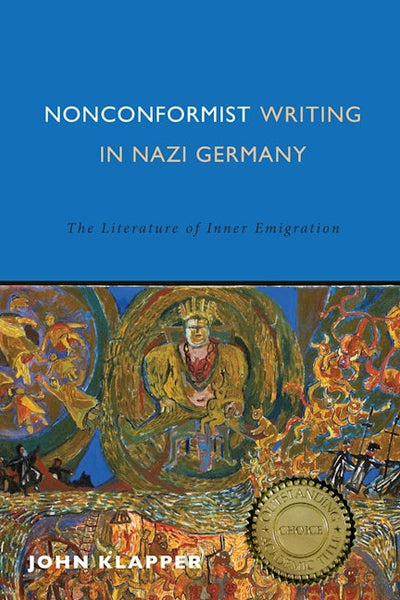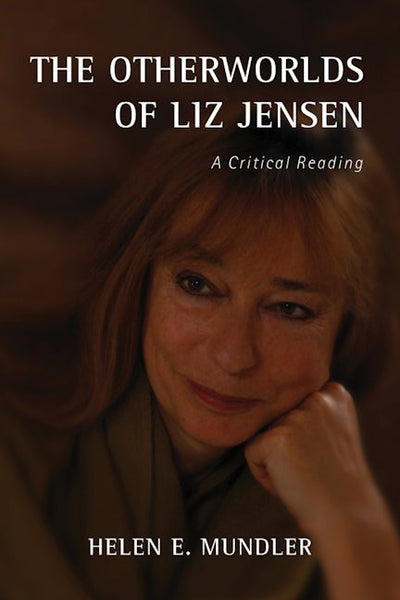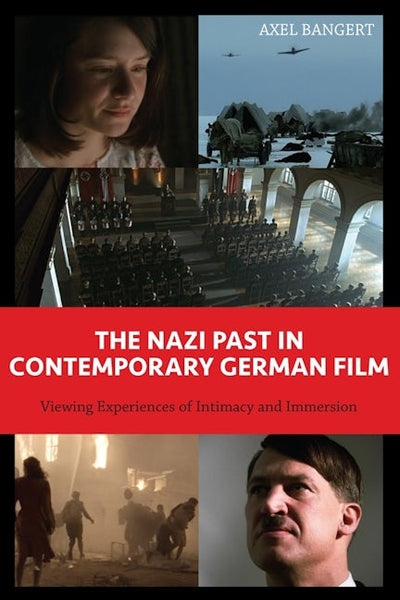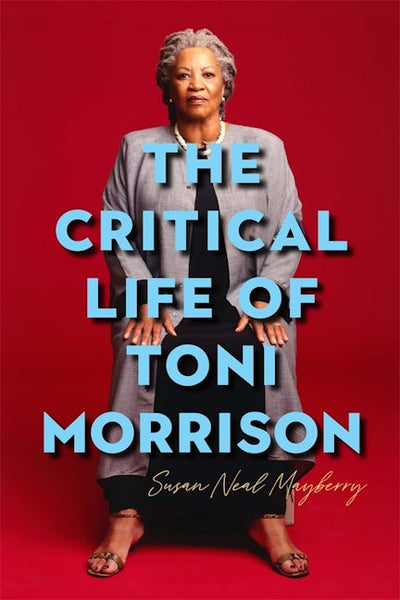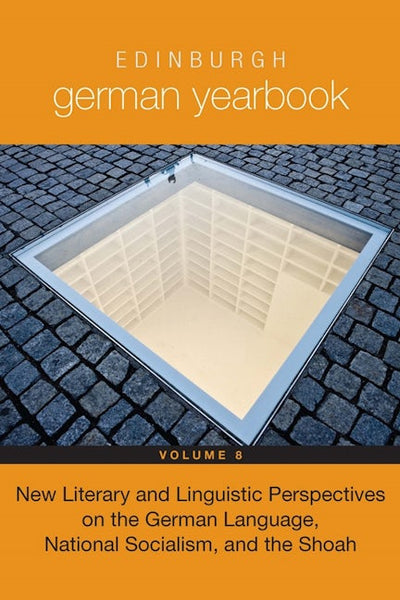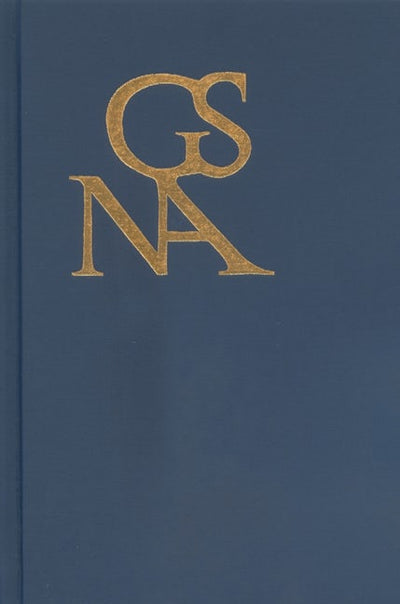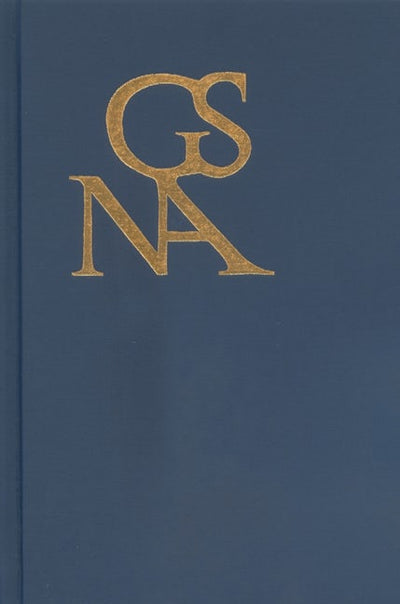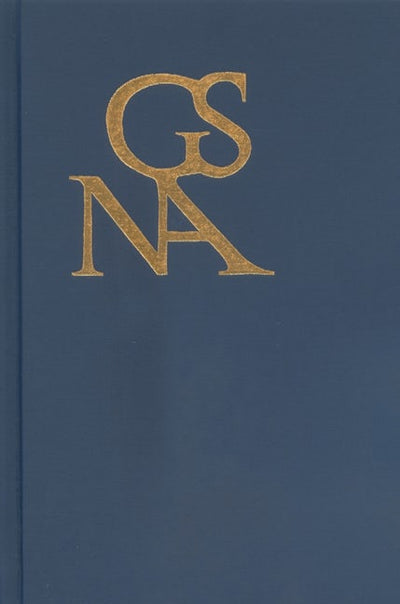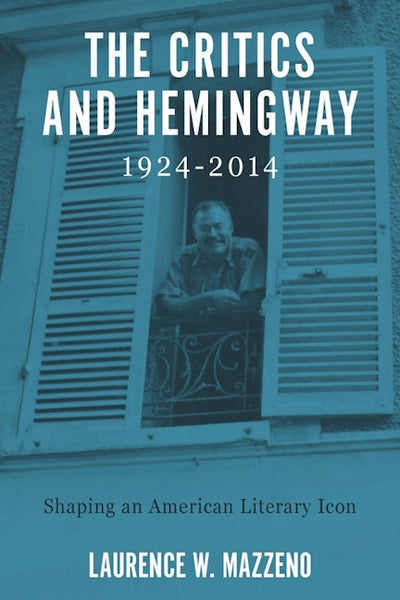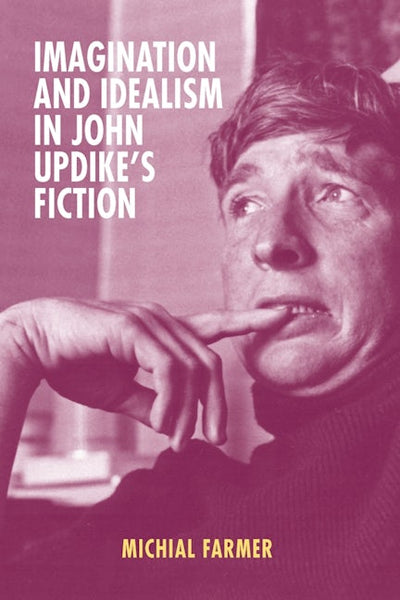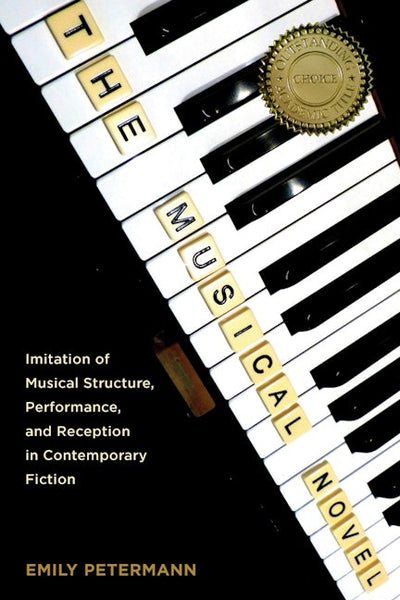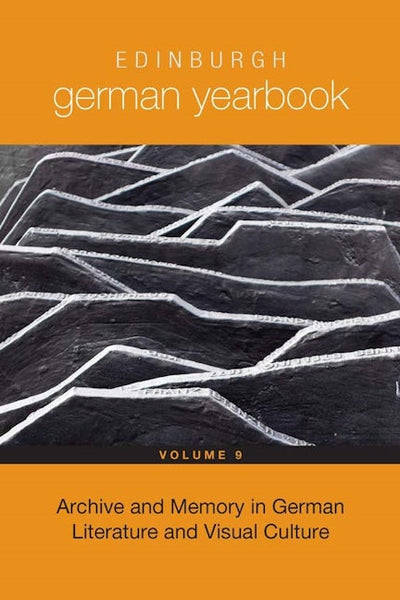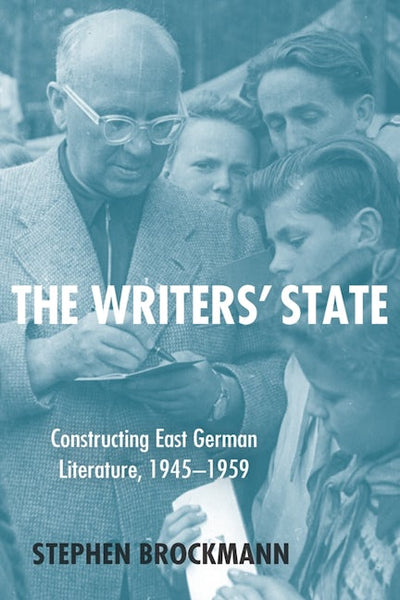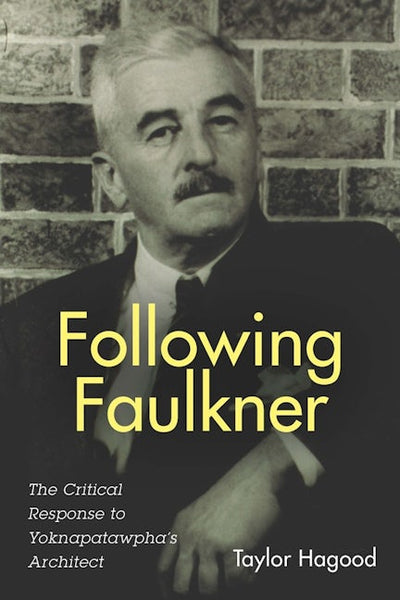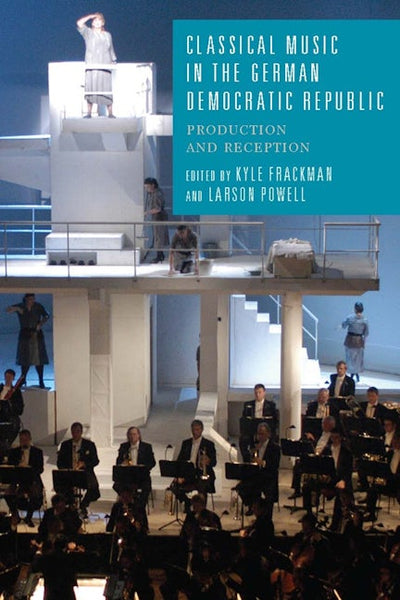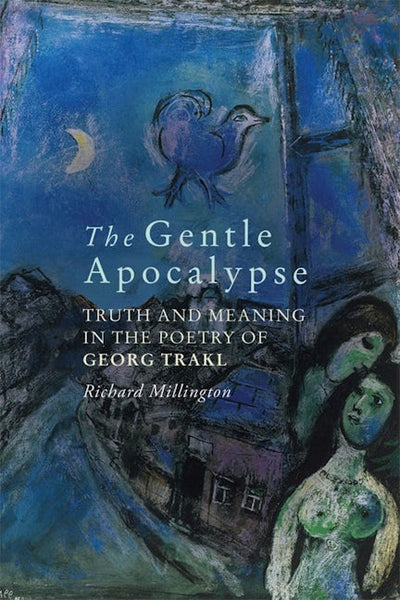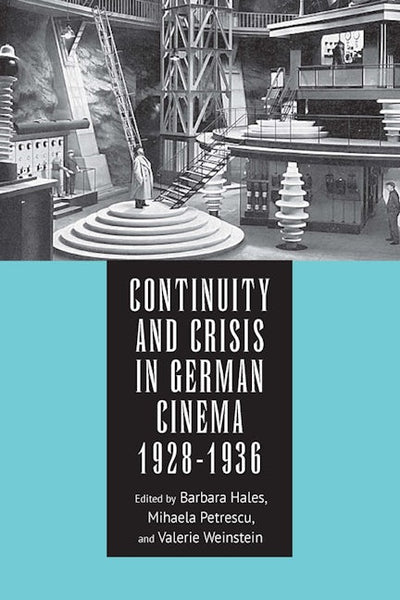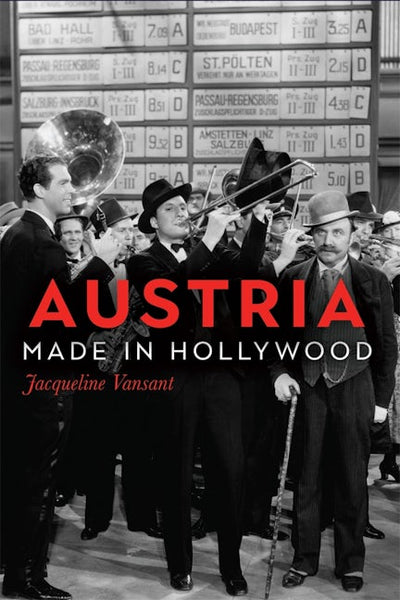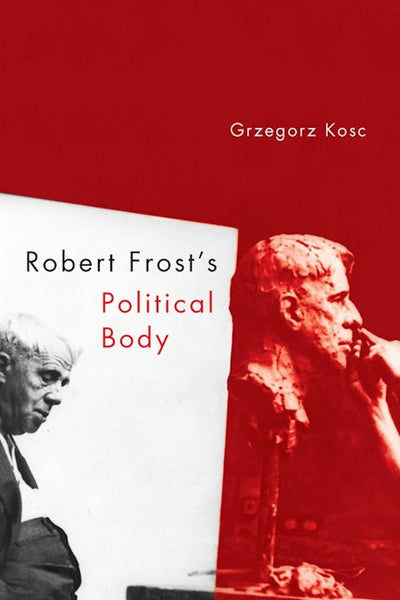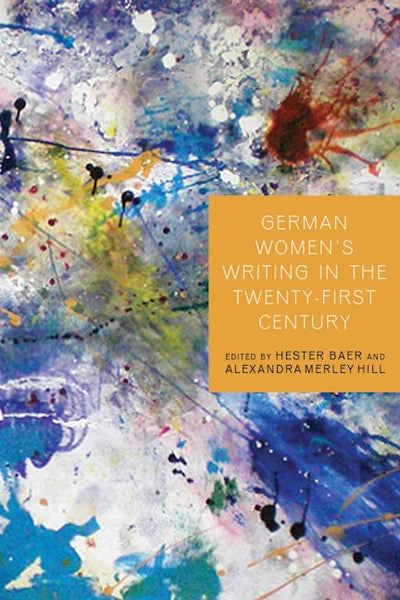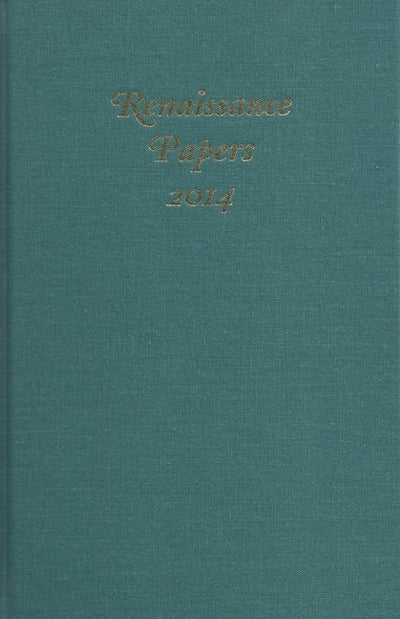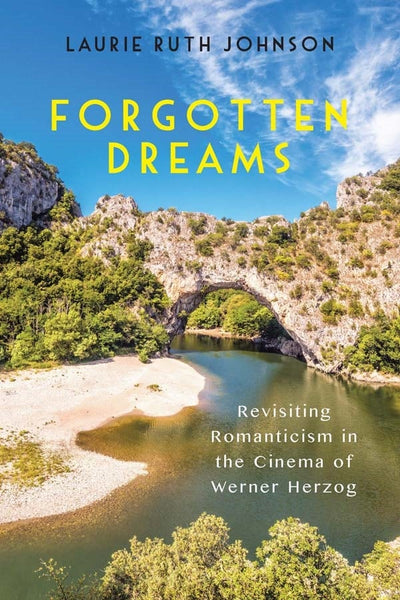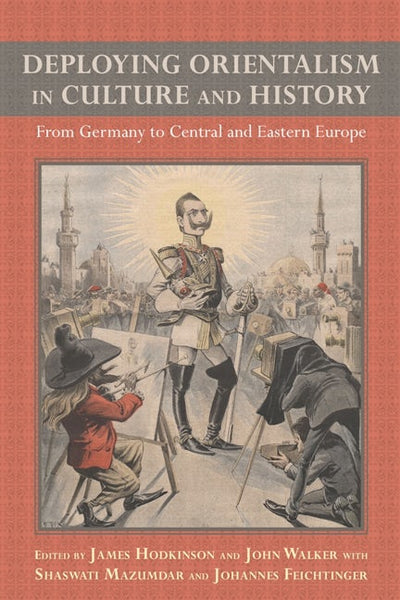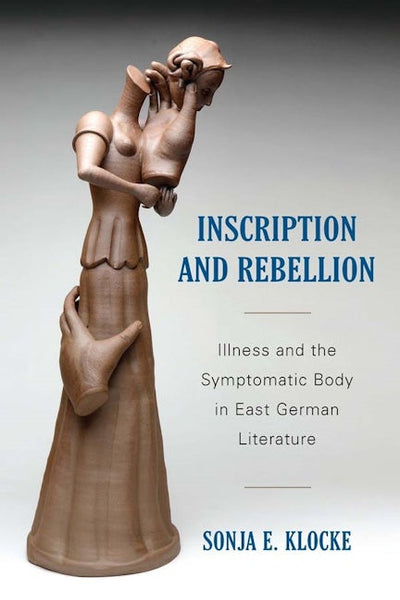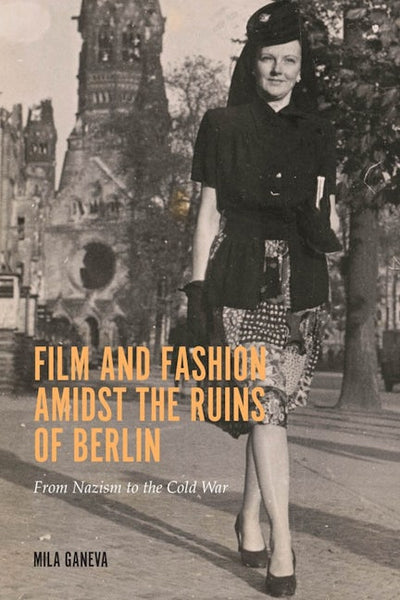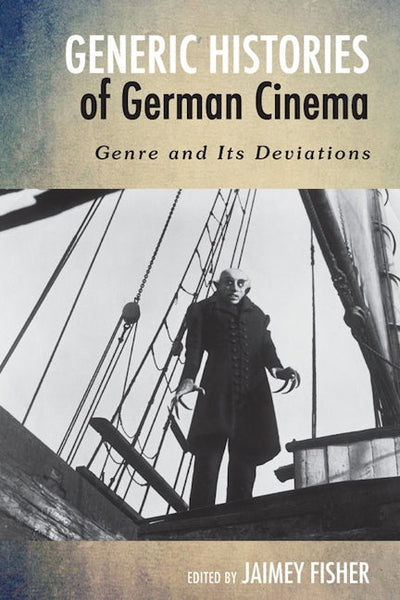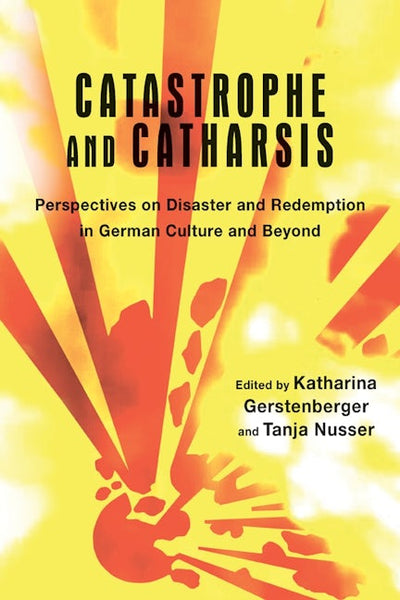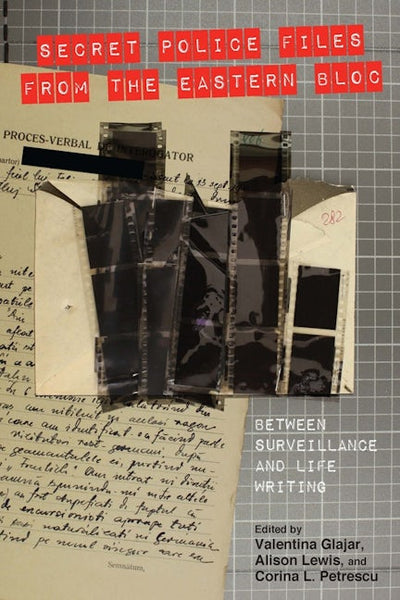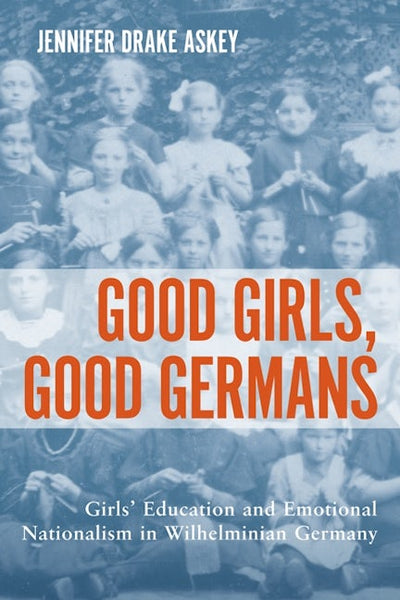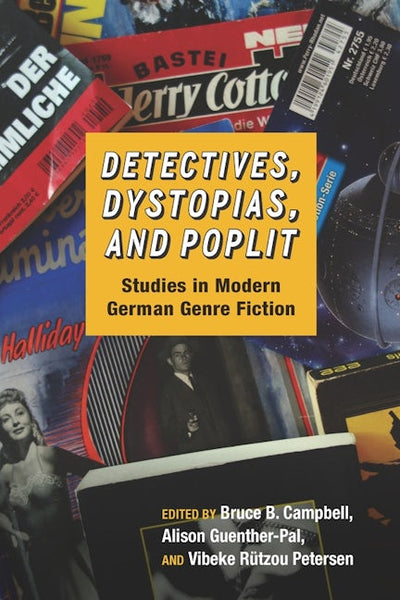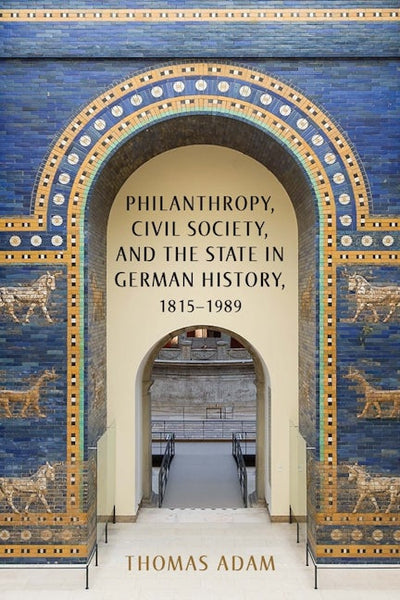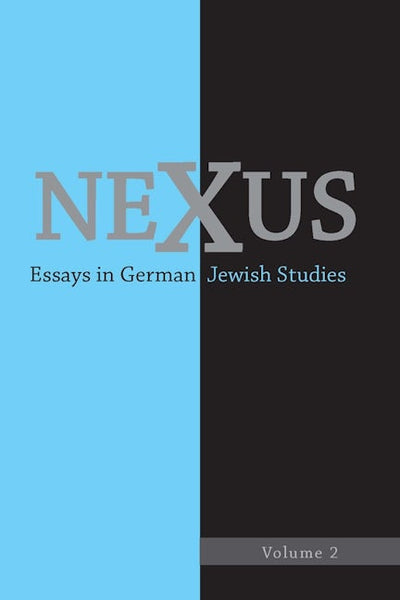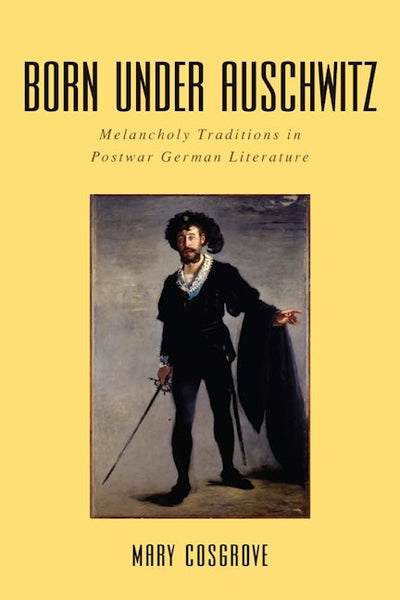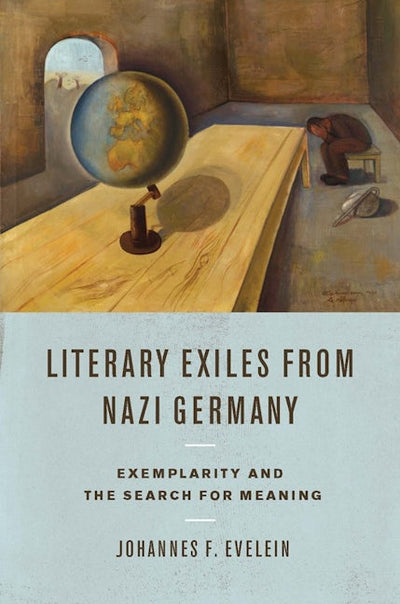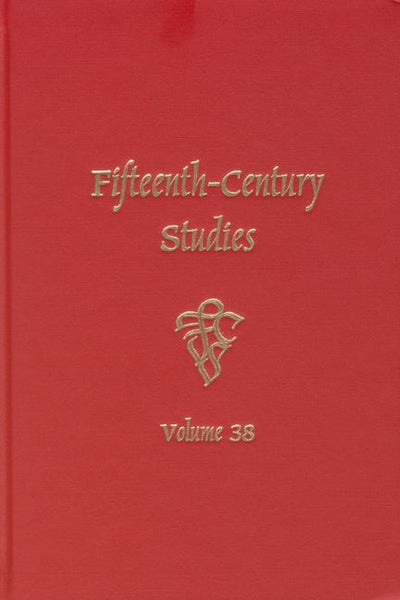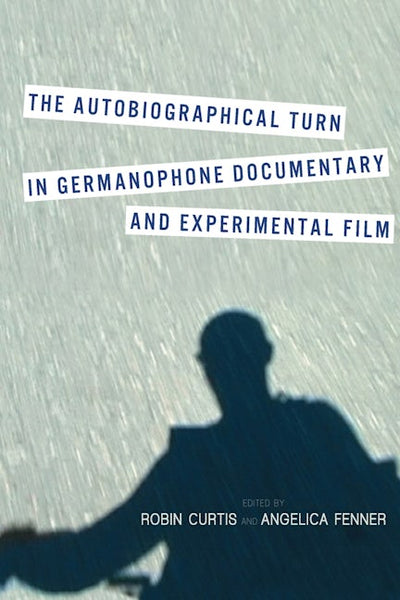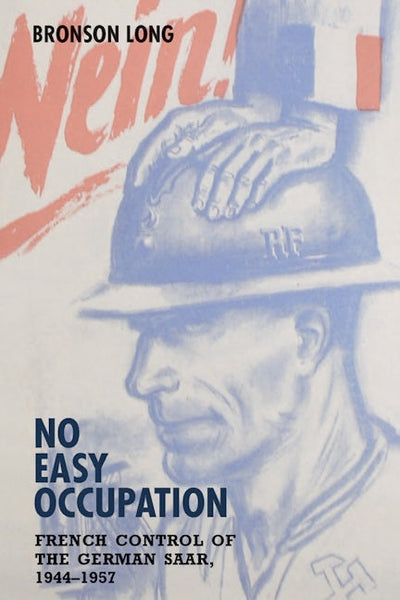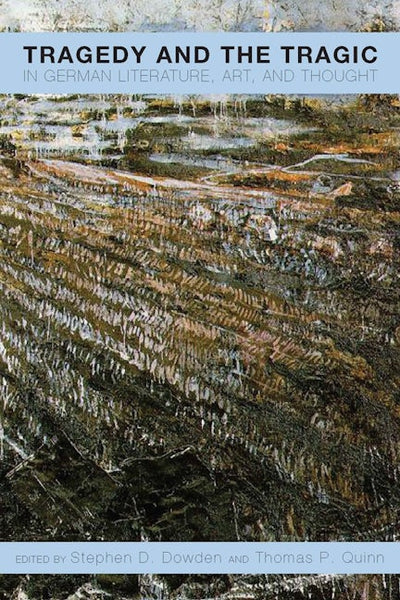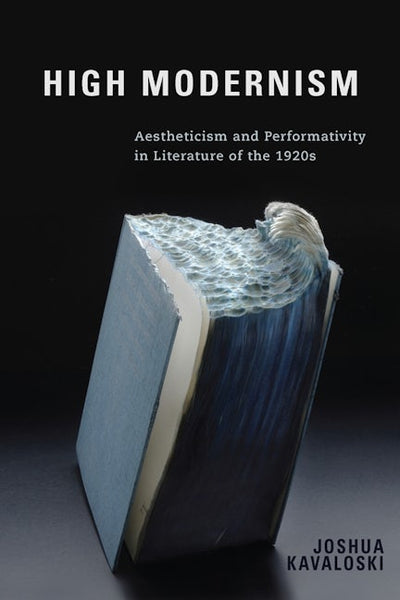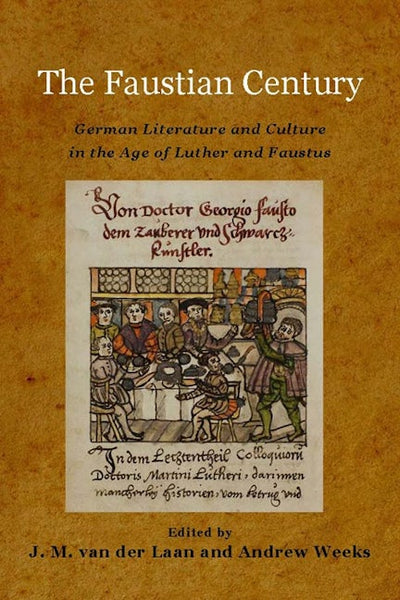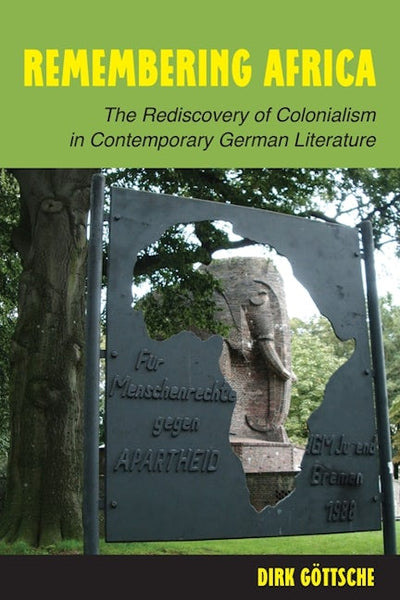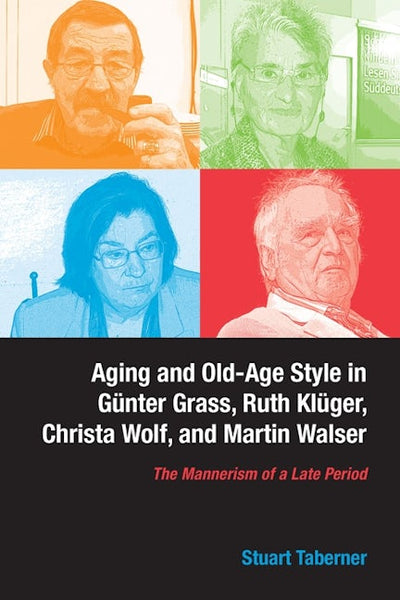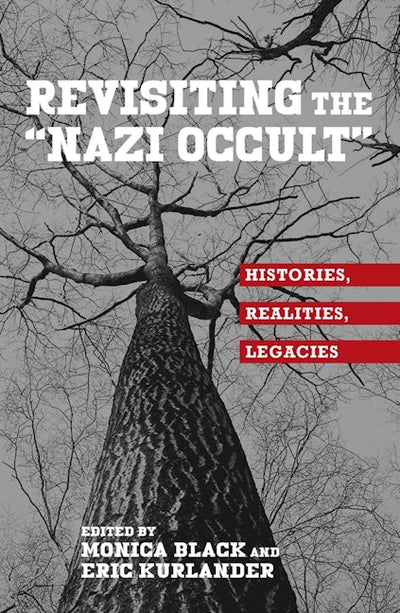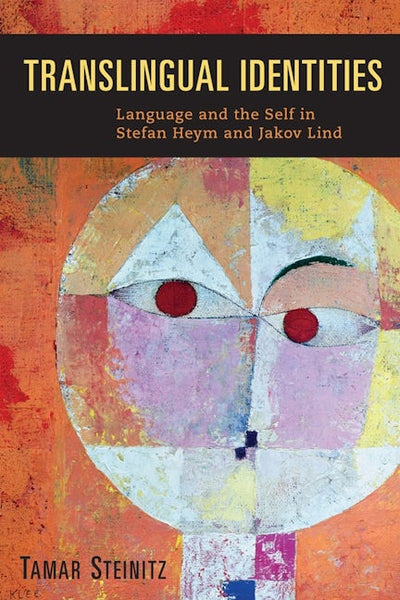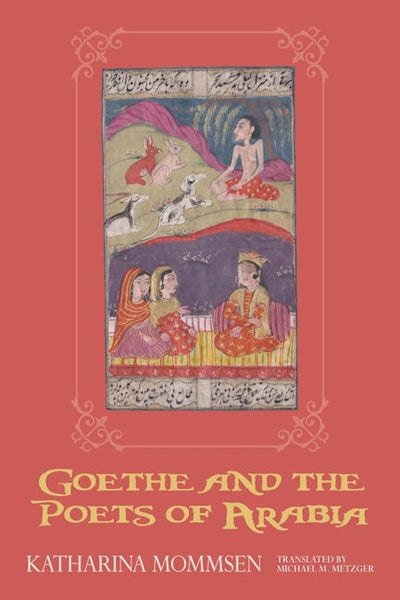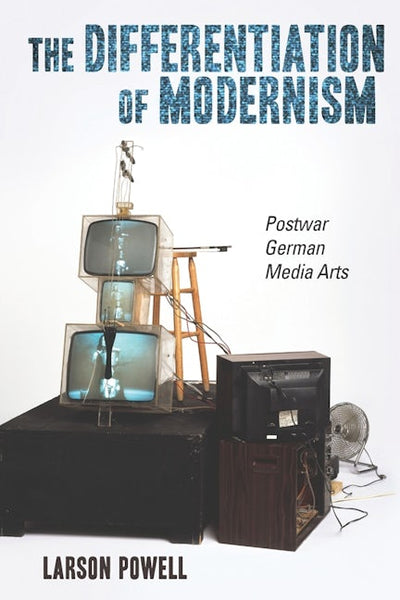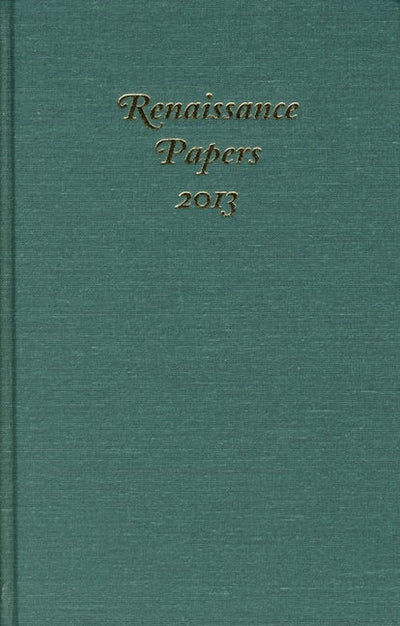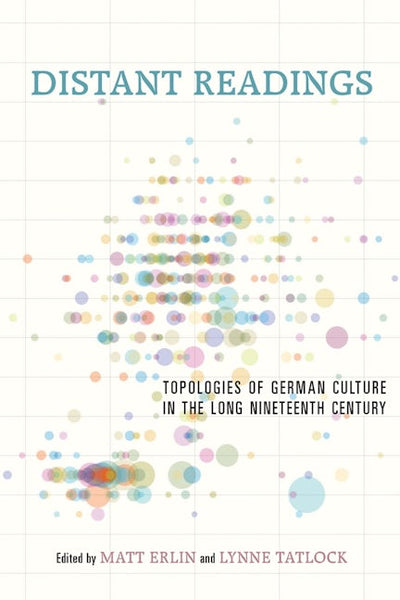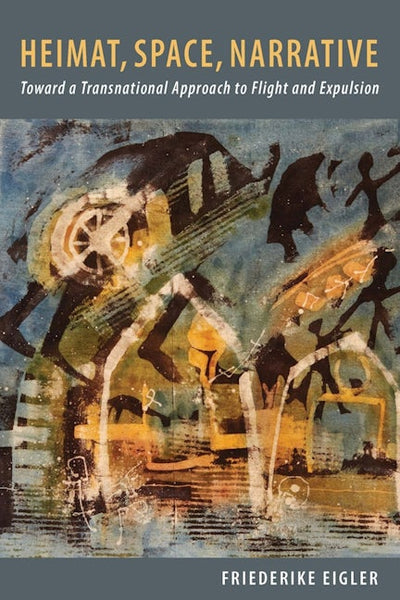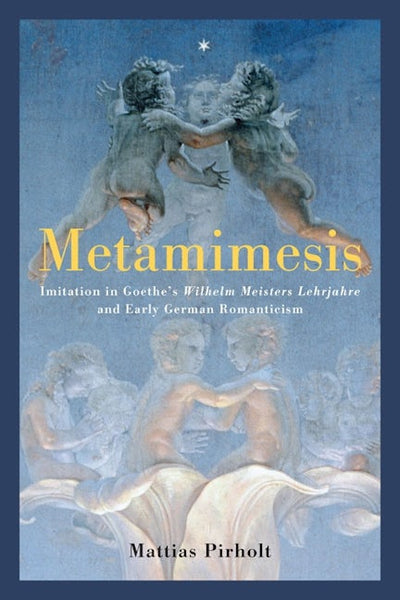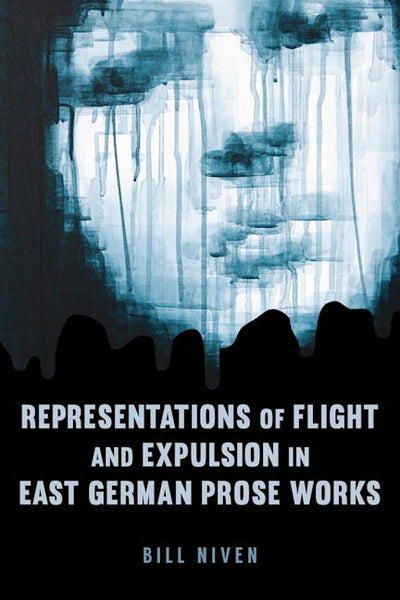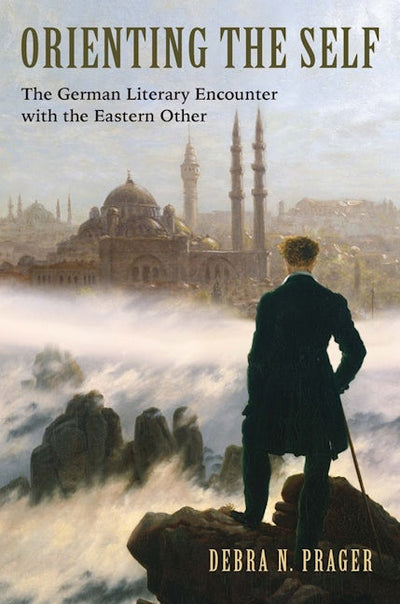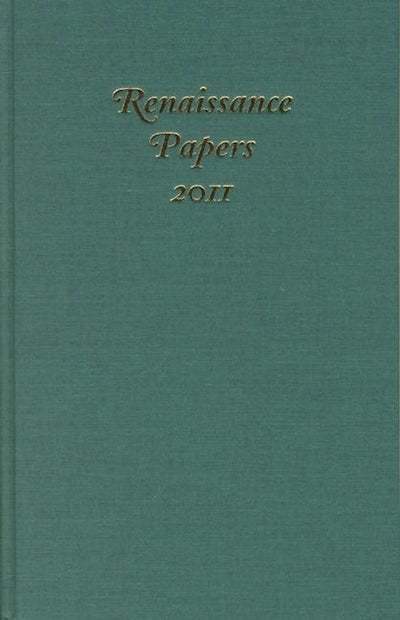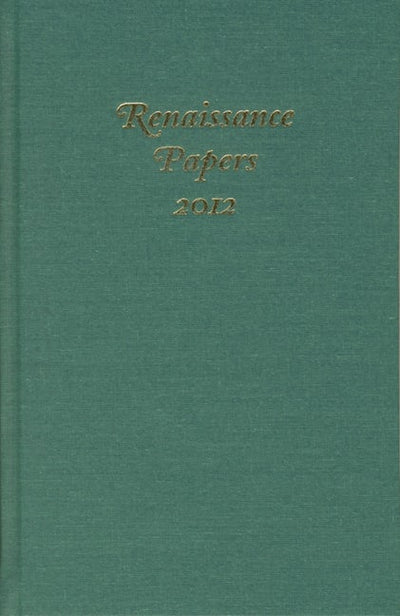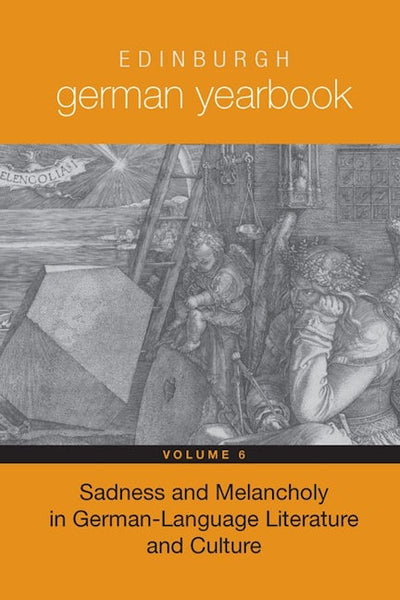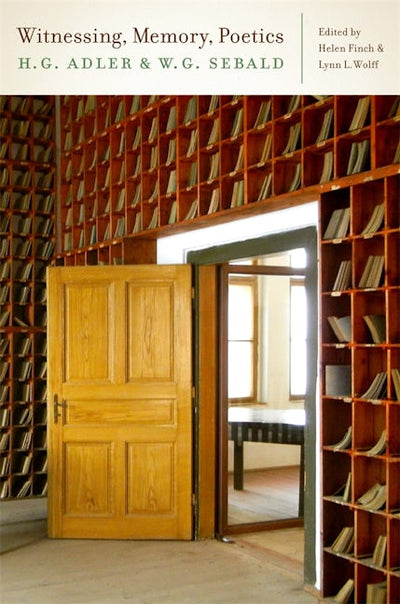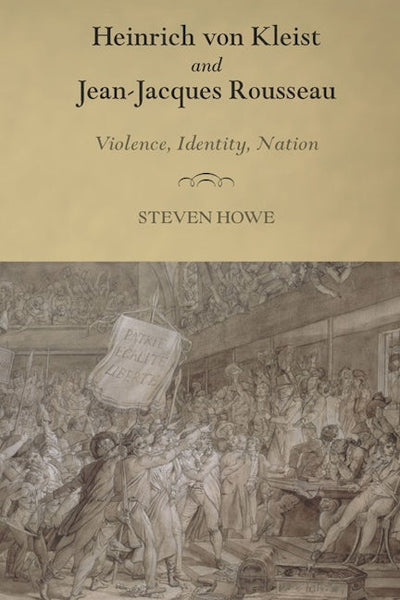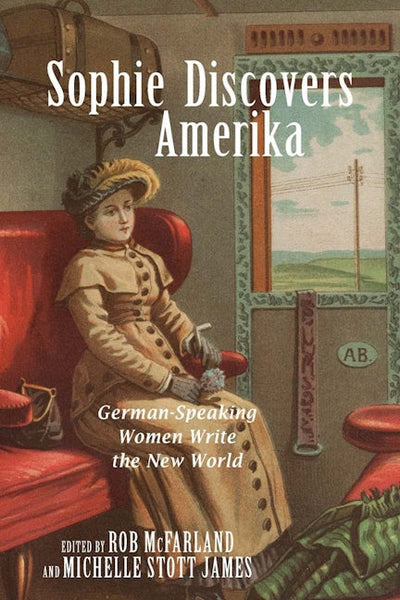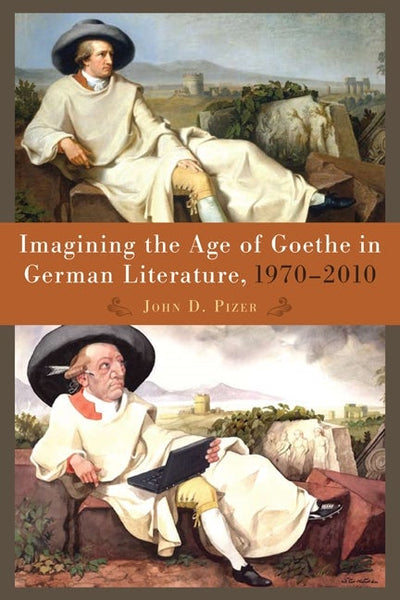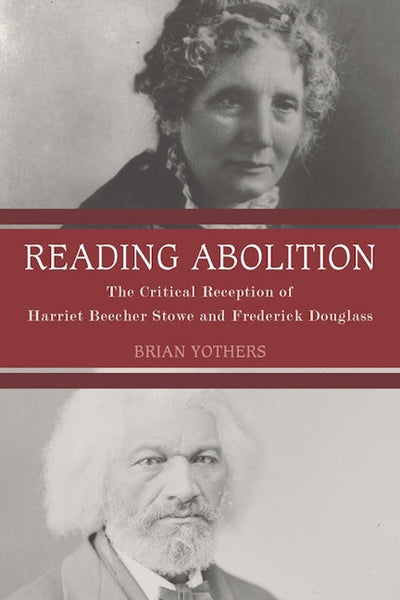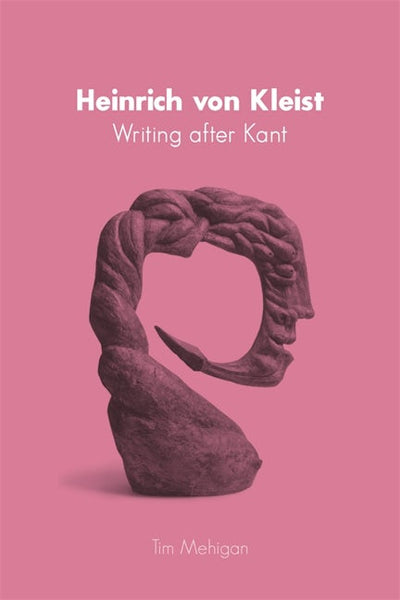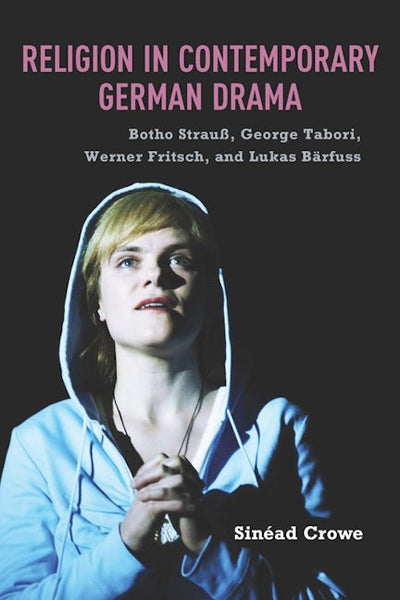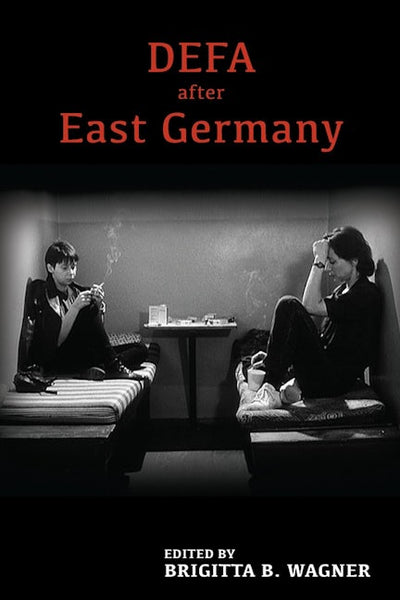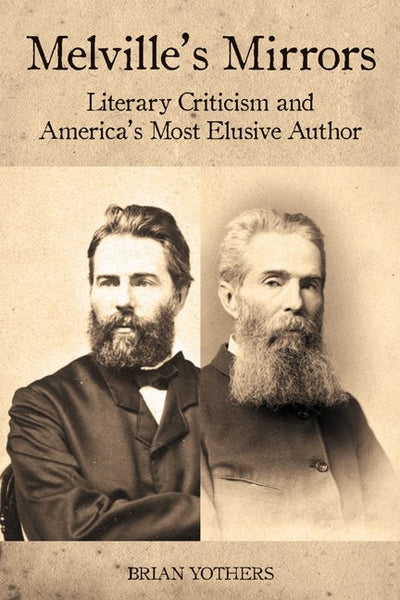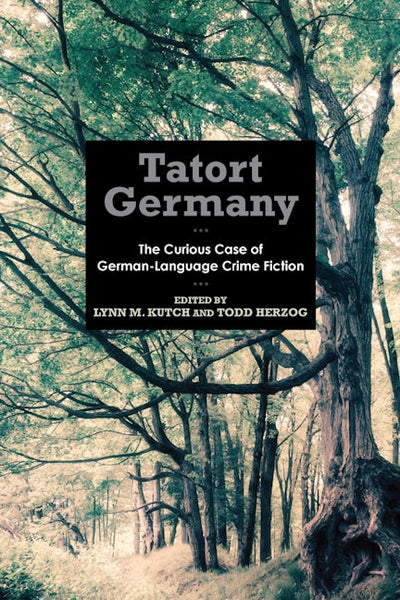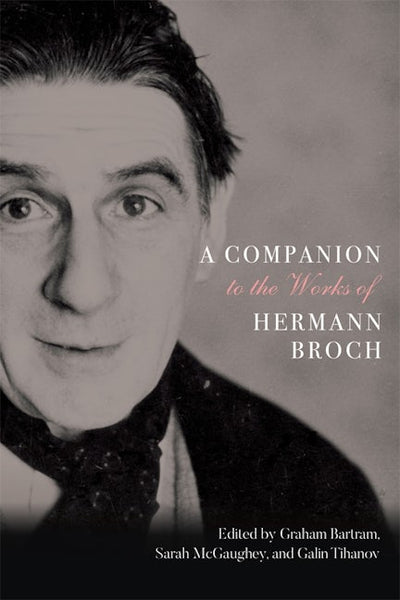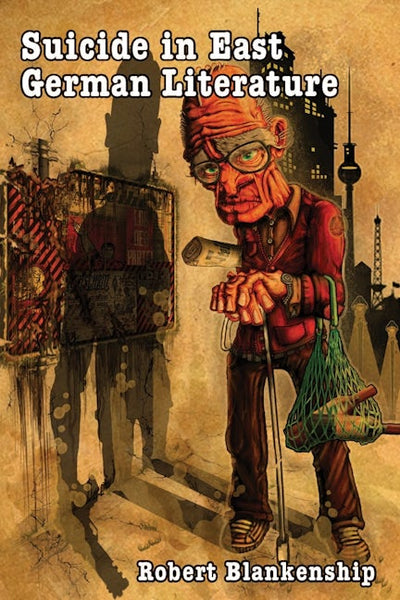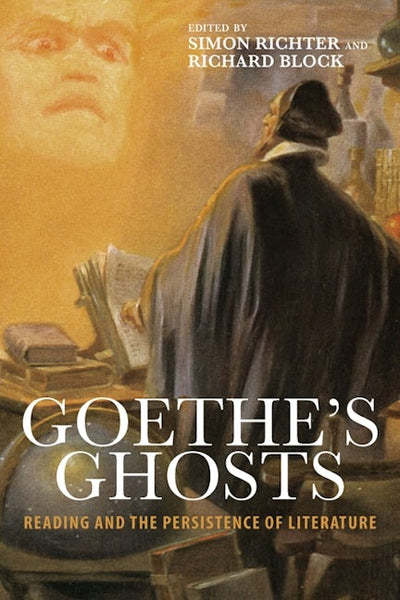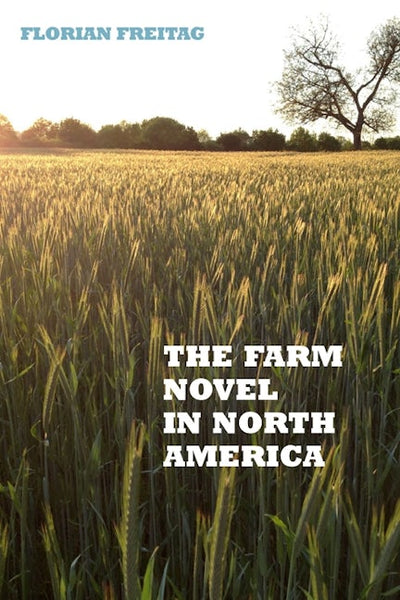-
Antiques & Collectibles
-
Architecture
-
Art
-
Bibles
-
Biography & Autobiography
-
Body, Mind & Spirit
-
Business & Economics
-
Comics & Graphic Novels
-
Computers
-
Cooking
-
Crafts & Hobbies
-
Design
-
Education
-
Family & Relationship
-
Fiction
-
Foreign Language Study
-
Games & Activities
-
Gardening
-
Health & Fitness
-
History
-
House & Home
-
Humor
-
Juvenile Fiction
-
Juvenile Nonfiction
-
Language Arts & Disciplines
-
Law
-
Literary Collections
-
Literary Criticism
-
Mathematics
-
Medical
-
Miscellaneous
-
Music
-
Nature
-
Performing Arts
-
Pets
-
Philosophy
-
Photography
-
Poetry
-
Political Science
-
Psychology
-
Reference
-
Religion
-
Self-Help
-
Science
-
Social Science
-
Sports & Recreation
-
Study Aids
-
Technology & Engineering
-
Transportation
-
Travel
-
True Crime
-
Young Adult Fiction
-
Young Adult Nonfiction
-
Antiques & Collectibles
-
Architecture
-
Art
-
Bibles
-
Biography & Autobiography
-
Body, Mind & Spirit
-
Business & Economics
-
Comics & Graphic Novels
-
Computers
-
Cooking
-
Crafts & Hobbies
-
Design
-
Education
-
Family & Relationship
-
Fiction
-
Foreign Language Study
-
Games & Activities
-
Gardening
-
Health & Fitness
-
History
-
House & Home
-
Humor
-
Juvenile Fiction
-
Juvenile Nonfiction
-
Language Arts & Disciplines
-
Law
-
Literary Collections
-
Literary Criticism
-
Mathematics
-
Medical
-
Miscellaneous
-
Music
-
Nature
-
Performing Arts
-
Pets
-
Philosophy
-
Photography
-
Poetry
-
Political Science
-
Psychology
-
Reference
-
Religion
-
Self-Help
-
Science
-
Social Science
-
Sports & Recreation
-
Study Aids
-
Technology & Engineering
-
Transportation
-
Travel
-
True Crime
-
Young Adult Fiction
-
Young Adult Nonfiction
Pluralist Desires
Regular price $120.00 Save $-120.00In Pluralist Desires, Philipp Löffler explores the contemporary historical novel in conjunction with three cultural shifts that have crucially affected political and intellectual life in the United States during the 1990s and 2000s: the end of the Cold War, the decline of postmodernism, and the re-emergence of cultural pluralism. Contemporary historical fiction -- from Don DeLillo's Underworld and Philip Roth's American trilogy to Richard Powers's Plowing the Dark and Toni Morrison's A Mercy -- relates and authorizes these developments by imagining the writing of history as a powerful form of world-making. Rather than asking whether history can ever be true, contemporary historical fiction investigates the uses of history for our individual lives. How can we use history to make our individual lives meaningful and worthy in the face of an unknown future?
Pluralist Desires approaches these issues by excavating the origins of 19th-century pluralism and its revival in the late 20th and early 21st centuries, revealing how major American novelists have appropriated the genre of the historical novelin the pursuit of selfhood rather than truth. Löffler complements standard accounts of the end of history with a selection of careful close readings that fundamentally reposition the form and the function of the historical novel in contemporary American culture.
Philipp Löffler is Assistant Professor of American Literature at the University of Heidelberg, Germany.

Red Vienna, White Socialism, and the Blues
Regular price $120.00 Save $-120.00After the First World War, Vienna was overrun by jazz, Hollywood movies, and Fordism; its citizens were both fascinated and appalled by the waves of American ideas and products. To make sense of the American phenomenon, readers turned to Ann Tizia Leitich, the New York-based correspondent for Vienna's prominent daily Neue Freie Presse and other newspapers. Rob McFarland tells the story of Leitich's escape, occasioned by a personal crisis, from Austria to America in 1921, and of her rise as a journalist, cultural historian, and novelist. By the early 1930s, she had met President Coolidge, Senator Sol Bloom, the writer Upton Sinclair, and the critic H. L. Mencken. Her devotedreaders - including the novelist Stefan Zweig and the Austrian chancellor Ignatz Seipl - sought in her witty, insightful descriptions of the United States some American vitality to invigorate their own moribund culture and economy. Chronicling Leitich's career as a journalist, cultural historian, and novelist and providing close readings of her writings about America, this book reveals her as an important cultural mediator between Austria and America.
Rob McFarland is Associate Professor of German at Brigham Young University.

Analyzing Wagner's Operas
Regular price $130.00 Save $-130.00The work of the Wagnerian theorist and analyst Alfred Lorenz (1869-1939) has had a profound influence upon both Wagnerian scholarship and music analysis in the twentieth century, and yet it has never been properly evaluated. Analyzing Wagner's Operas outlines the origins and development of the expressive aesthetic in writings by Wagner and others, as well as in early-twentieth-century theories of musical form, and it considers Lorenz's work and contributions in this light. The book also hopes to show, to the extent possible, where Lorenz's work acted as a sort of "musical metaphor" for German nationalist ideology during the Nazi era.

Gender and Sexuality in East German Film
Regular price $130.00 Save $-130.00The cinema of the German Democratic Republic, that is, the cinema of its state-run studio DEFA, portrayed gender and sexuality in complex and contradictory ways. In doing so, it reflected the contradictions in GDR society in respect to such questions. This is the first scholarly collection in English or German to fully address the treatment of gender and sexuality in the productions of DEFA across genres (from shorts and feature films to educational videos, television productions, and documentaries) and in light of social, political, and cultural contexts. It is also unique in its investigation of previously unresearched subjects, including films and directors that have received little scholarly attention and nonconformist representations of gender and sexual embodiments, identifications, and practices. The volume presents the work of leading scholars on the GDR and allows students and scholars to examine East German film with respect to the acceptance, rejection, or nuanced negotiation of ideas of proper male and female behavior espoused by the country's brand of socialism.
Contributors: Muriel Cormican, Jennifer L. Creech, Heidi Denzel de Tirado, Kyle Frackman, Sebastian Heiduschke, Sonja E. Klocke, John Lessard, Larson Powell, Victoria I. Rizo Lenshyn, Reinhild Steingröver, Faye Stewart, Evan Torner, Henning Wrage.
Kyle Frackman is Assistant Professor of Germanic Studies at the University of British Columbia. Faye Stewart is Associate Professor of German at Georgia State University.

Goethe Yearbook 24
Regular price $90.00 Save $-90.00The Goethe Yearbook is a publication of the Goethe Society of North America, encouraging North American Goethe scholarship by publishing original English-language contributions to the understanding of Goethe and other authors of the Goethezeit while also welcoming contributions from scholars around the world. Volume 24 features a special section titled "The Poetics of Space in the Goethezeit," co-edited by John Lyon and Elliott Schreiber, with contributions on blind spots in Goethe's Elective Affinities; on the topography and topoi of Goethe's autobiographical childhood; on disorientation and the subterranean in Novalis; on selfhood, sovereignty, and public space in Die italienische Reise and Dichtung und Wahrheit; on Goethe's theater of anamnesis in Wilhelm Meisters Lehrjahre; and on spatial mobilization in Kleist's Berliner Abendblätter. There are also articles on the horror of coming home in Caroline de la Motte Fouqué's "Der Abtrünnige" and on Friedrich Heinrich Jacobi's Eduard Allwills Papiere.
Contributors: Colin Benert, Stephanie Galasso, Tove Holmes, Edgar Landgraf, Sara Luly, John B. Lyon, Anthony Mahler, Monika Nenon, Joseph O'Neil, Elliott Schreiber, Inge Stephan, Gabriel Trop, Christian P. Weber.
Adrian Daub is Associate Professor of German at Stanford. Elisabeth Krimmer is Professor of German at the University of California Davis. Book review editor Birgit Tautz is Associate Professor of German at Bowdoin College.

Speculations on German History
Regular price $120.00 Save $-120.00German history never loses its fascination. It is exceptionally varied, contradictory, and raises difficult problems for the historian. In a material sense, there have been a great many Germanies, so that it was long unclear what"Germany" would amount to geopolitically, while German intellectuals fought constantly over the idea(s) of Germany. Provocative and spiced with humor, Speculations tackles Germany's successes and catastrophes in view of this fraught relationship between material reality and ideology.
Concentrating on the period from Friedrich the Great until today, the book is less a conventional history than an extended essay. It moves freely within the chosenperiod, and because of its cultural studies disposition, devotes a great deal of attention to German writers, artists, and intellectuals. It looks at the ways in which German historians have attempted to come to terms with theirown varying notions of nation, culture, and race.
An underlying philosophical assumption is that history is not one dominant narrative but a struggle between competing, simultaneous narratives: like all those Germanies of thepast and of the mind, history is plural. Barry Emslie pursues this agenda into the present, arguing that there has been an unprecedented qualitative change in the Federal Republic in the quarter-century since unification.
Barry Emslie lives and teaches in Berlin. He is the author of Richard Wagner and the Centrality of Love (Boydell Press, 2010) and Narrative and Truth: An Ethical and Dynamic Paradigm for the Humanities (PalgraveMacmillan, 2012).

The Critical Writings of Ingeborg Bachmann
Regular price $170.00 Save $-170.00The Austrian Ingeborg Bachmann (1926-1973) is one of the most important postwar writers in German. Her work is enmeshed with the intellectual and cultural developments of the period: she was influenced by European modernism in the early 1950s, experienced the sweeping changes of the 60s, and worked until her death in 1973 on her celebrated and sprawling "Todesarten" (Ways of Death) project, on the decades following National Socialism. Her poetry and prose confront what she called "the sickness of our time": the subtle connection between patriarchal society, catastrophic history in the form of National Socialism, and the subjugation of the Other. Even during her lifetime, Bachmann achieved a prominent position in postwar German-language literature. Interest in her literary output increased sharply in the early 1980s with the publication of the first edition of her works, and has been growing steadily ever since.
Bachmann's impact on German literature is comparable to that of Virginia Woolf on English literature. Just as an appreciation of Woolf's poetic oeuvre, and that of other women writers, is impossible without reference to "A Room of One's Own," the critical writings of Bachmann enhance our awareness of not only her own works, but also those of many other writers, philosophers, and artists. As the only translation of Bachmann's essays, lectures, speeches, and theoretical texts into English, The Critical Writings will be a valuable tool for students of Comparative Literature and German literature and cultural studies.

Science and Power in Colonial Mauritius
Regular price $120.00 Save $-120.00Science and Power in Colonial Mauritius examines, within the context of the history of sugarcane production in Mauritius, the cross-cultural debates about the production and dissemination of science and technology from "developed" to "less-developed" countries and from elites to peasants within these countries. The book also shows in great detail that the history of science, technology, and colonialism can shed light on contemporary problems in natural resource management and global policy making.

The Medieval German Lohengrin
Regular price $120.00 Save $-120.00The tale of the mysterious knight carried across the water by a swan to the woman he saves and marries is one of the great narrative traditions of the Middle Ages. The version in the German Lohengrin (ca.1300) is perhaps the most striking. It captures the imagination with the appearance of the epic poet Wolfram von Eschenbach as narrator, the changing forms of the swan, and Lohengrin's appearance as a warrior alongside Saints Peter and Paul. In thepast, however, Lohengrin has been dismissed as an awkward amalgamation of earlier sources - partly due to more recent retellings of the material, such as Wagner's opera. This first monograph on Lohengrin in English presents a new response to the challenges the text poses. It is a study of how we read narrative across temporal distance, and at its heart lies the question: if a story is not held together by the chronological and causal links characteristic of modern narratives, how does it cohere? Alastair Matthews analyzes both the invocations of Wolfram that frame the text and the story of the Swan Knight that they enclose, arguing that Lohengrin is defined by a web of connections in which questions of identity and recognition are crucial, and thus that the themes at the core of the tale govern how it is told.
Alastair Matthews, DPhil Oxford, is a Marie Curie ResearchFellow at the Centre for Medieval Literature, University of Southern Denmark.

The Long Shadow of the Past
Regular price $120.00 Save $-120.002018 CHOICE Outstanding Academic Title
The process of coming to terms with its National Socialist past has been a long and difficult one in Austria. It is only over the past thirty years that the country's view of its role during the Third Reich has shifted decisively from that of victimhood to complicity, prompted by the Waldheim affair of 1986-1988. Austria's writers, filmmakers, and artists have been at the center of this process, holding upa mirror to the country's present and drawing attention to a still disturbing past.
Katya Krylova's book undertakes close readings of key contemporary Austrian literary texts, films, and memorials that treat the legacy of Nazism and the Holocaust. The analysis focuses on texts by Robert Schindel, Elfriede Jelinek, and Anna Mitgutsch, documentary films by Ruth Beckermann and by Margareta Heinrich and Eduard Erne, as well as recent memorial projects inVienna, examining what these reveal about the evolving memory culture in contemporary Austria. Aimed at a broad readership, the book will be a key reference point for university teachers, undergraduates, and postgraduates engagedin scholarship on contemporary Austrian literature, film, and visual culture, and for general readers interested in confrontations with the National Socialist past in the Austrian context.
KATYA KRYLOVA is Lecturer in German, Film and Visual Culture at the University of Aberdeen, UK. The Long Shadow of the Past is her second book.

Stefan Zweig and World Literature
Regular price $130.00 Save $-130.00The twenty-first century has seen a renewed surge of cultural and critical interest in the works of the Austrian-Jewish author Stefan Zweig (1881-1942), who was among the most-read and -acclaimed authors worldwide in the 1920s and1930s but after 1945 fell into critical disfavor and relative obscurity. The resurgence in interest in Zweig and his works is attested to by, among other things, new English translations and editions of his works; a Brazilian motion picture and a best-selling French novel about his final days; and a renewed debate surrounding the literary quality of his work in the London Review of Books. This global return to Zweig calls for a critical reassessment of his legacy and works, which the current collection of essays provides by approaching them from a global perspective as opposed to the narrow European focus through which they have been traditionally approached. Together, theintroduction and twelve essays engage the totality of Zweig's published and unpublished works from his drama and his fiction to his letters and his biographies, and from his literary and art criticism to his autobiography.
Contributors: Richard V. Benson, Jeffrey B. Berlin, Darién J. Davis, Marlen Eckl, Mark H. Gelber, Robert Kelz, Klemens Renoldner, Birger Vanwesenbeeck, John Warren, Klaus Weissenberger, Robert Weldon Whalen, Geoffrey Winthrop-Young.
Birger Vanwesenbeeck is Associate Professor of English at the State University of New York at Fredonia. Mark H. Gelber is Senior Professor of Comparative Literature and German-Jewish Studies at Ben-Gurion University of the Negev, Israel.

Celluloid Revolt
Regular price $130.00 Save $-130.00The epoch-making revolutionary period universally known in Germany as '68 can be argued to have predated that year and to have extended well into the 1970s. It continues to affect German and Austrian society and culture to this day. Yet while scholars have written extensively about 1968 and the cinema of other countries, relatively little sustained scholarly attention has thus far been paid to 1968 and West German, East German, and Austrian cinemas. Now, five decades later, Celluloid Revolt sets out to redress that situation, generating new insights into what constituted German-language cinema around 1968 and beyond. Contributors engage a range of cinemas, spanning experimental and avant-garde cinema, installations and exhibits; short films, animated films, and crime films; collectively produced cinemas, feminist films, and Arbeiterfilme (workers' films); as well as their relationship to cinemas of other countries, such as French cinéma vérité and US direct cinema.
Contributors: Marco Abel, Tilman Baumgärtel, Madeleine Bernstorff, Timothy Scott Brown, Michael Dobstadt, Sean Eedy, Thomas Elsaesser, IanFleishman, Christina Gerhardt, Lisa Haegele, Randall Halle, Priscilla Layne, Ervin Malakaj, Kalani Michell, Evelyn Preuss, Patricia Anne Simpson, Fabian Tietke, Andrew Stefan Weiner.
Christina Gerhardt is Associate Professor of German and Film Studies at the University of Hawai'i at Manoa. Marco Abel is Professor of English and Film Studies at the University of Nebraska-Lincoln.

Edinburgh German Yearbook 11
Regular price $80.00 Save $-80.00While sociologists have long agreed that the problems of modern and contemporary subjectivity crystallize in the issue of romantic relationships and love (e.g., Luhmann, Illouz, Beck, etc.), the theme of love, so crucial to the foundational text of modern German literature, Goethe's Werther, all but disappeared from German prose literature in the second half of the twentieth century. Yet over the past fifteen years German-language literature has witnessed an explosion of novels with "Liebe" in their titles as well as novels that centrally focus on intersubjective erotic and emotional relationships. A number of major contemporary writers (Treichel, Walser, Kermani, Ortheil, Maron, Zaimoglu, Genazino) have written Liebesromane or novels in which significant sociohistorical questions are refracted through the love relationships of their protagonists. German film likewise has increasingly thematized love relationships under postromantic conditions, e.g. in the films of the Berlin school. Simultaneously, the development of both feminist and LGBTQ politics over the past decades has exploded the heteronormative discourses ofdesire in a way that has both expanded and enriched the lovers' discourse, while recent developments of urban (hetero)sexuality have expanded the previously available models of expressing erotic relationships in ways that are reminiscent of the utopian ending of Goethe's first version of Stella. The present collection offers a wide-ranging set of essays on these developments.
Contributors: Esther K. Bauer, Sven Glawion, Silke Horstkotte,Sarra Kassem, Maria Roca Lizarazu, Helmut Schmitz, Angelika Vybiral.
Helmut Schmitz is Reader in German at the University of Warwick. Peter Davies is Professor and Head of German at the University of Edinburgh.

Nexus 3
Regular price $120.00 Save $-120.00Nexus is the official publication of the biennial German Jewish Studies Workshop, which was inaugurated at Duke University in 2009 and is now held at the University of Notre Dame. Together, Nexus and the Workshop constitute the first ongoing forum in North America for German Jewish Studies. Nexus publishes innovative research in German Jewish Studies, introducing new directions, analyzing the development and definition of the field, and considering its place vis-à-vis both German Studies and Jewish Studies. Additionally, it examines issues of pedagogy and programming at the undergraduate, graduate, and community levels.
Nexus 3 features special forum sections on Heinrich Heine and Karl Kraus. Renowned Heine scholar Jeffrey Sammons offers a magisterial critical retrospective on this towering "German Jewish" author, followed by a response from Ritchie Robertson, while the deanof Kraus scholarship, Edward Timms, reflects on the challenges and rewards of translating German Jewish dialect into English. Paul Reitter provides a thoughtful response.
Contributors: Angela Botelho, Jay Geller, Abigail Gillman, Jeffrey A. Grossman, Leo Lensing, Georg Mein, Paul Reitter, Ritchie Robertson, Jeffrey L. Sammons, Egon Schwarz, Edward Timms, Liliane Weissberg, Emma Woelk.
William Collins Donahue is the John J. CavanaughProfessor of the Humanities at the University of Notre Dame, where he chairs the Department of German and Russian. Martha B. Helfer is Professor of German and an affiliate member of the Department of Jewish Studies at Rutgers, TheState University of New Jersey.

Approaches to Kurban Said's Ali and Nino
Regular price $130.00 Save $-130.00Ali and Nino is a novel published in German in 1937 under the alias "Kurban Said," a love story between a Muslim man and a Christian woman set in Baku, Azerbaijan, during World War I and the country's brief independence. Itwas a major success, translated into several other languages, but was forgotten by the end of World War II. Recent research by the journalist Tom Reiss has revealed the identity of the author as Lev/Leo Nussimbaum (1905-1942), aJewish man born in Baku who converted to Islam, worked as a journalist in Berlin, and died forgotten in exile. Reiss's discovery has spurred new interest in the novel, as has the fact that the book prefigures today's perceived conflicts between East and West or Islam and Christianity, but also suggests a more peaceful model of intercultural living in multiethnic Baku's melting pot of Islam, Judaism, and Christianity. The present volume collects twelve newessays on different aspects of the text by scholars from a variety of disciplines and cultural backgrounds. It is intended to showcase the suitability of Ali and Nino for inclusion in a curriculum focused on German, world literature, or area studies, and to suggest a variety of approaches to the novel while also appealing to its fans.
Contributors: Sara Abdoullah-Zadeh, Cori Crane, Chase Dimock, Christine Rapp Dombrowski, Elizabeth WeberEdwards, Anja Haensch, Kamaal Haque, Lisabeth Hock, Ruchama Johnston-Bloom, Carl Niekerk, Elke Pfitzinger, Soraya Saatchi, Daniel Schreiner, Azade Seyhan.
Carl Niekerk is Professor of German with affiliate appointmentsin French, Comparative and World Literature, and Jewish Studies at the University of Illinois at Urbana-Champaign. Cori Crane is Associate Professor of the Practice and Director of the Language Program in the Department of Germanic Languages and Literature at Duke University.

Into the Groove
Regular price $130.00 Save $-130.00In Germany the decade beginning in the mid-1990s brought an unprecedented "confusion of the spheres" of literature and popular music. Popular musicians "crossed over" into the literary field, editors and writers called for contemporary German literature to become more like popular music, writers attempted to borrow structural aspects from music or paid new attention to popular music at the thematic level. Others sought to raise their profiles by means of performance models taken from the popular music field. This book sets out to make sense of this situation. It argues for more inclusive and detailed attention to what it calls "musico-centric fiction," for which it discerns intellectual precursors going back to the 1960s and also identifies examples written since the turn of the millennium, after the would-be death of "pop literature." In doing so, it focuses on fiction and paratextual interventions by authors including Peter Handke, Rolf Dieter Brinkmann, Rainald Goetz, Andreas Neumeister, Thomas Meinecke, Matthias Politycki, Frank Goosen, Benjamin von Stuckrad-Barre, Thomas Brussig, Karen Duve, and Kerstin Grether.
Andrew Wright Hurley is Senior Lecturer in German and Cultural Studies at the University of Technology, Sydney, Australia.

Mountain of Destiny
Regular price $130.00 Save $-130.00Never has a mountain occupied the German imagination longer and more thoroughly than Nanga Parbat (8,125m), the world's ninth-highest peak, located in the extreme western part of the Himalaya chain in present-day Pakistan. Repeatedly referred to in the 1930s as the German "mountain of destiny," over a period of roughly two decades from 1932 to 1953 Nanga Parbat became not only the destination of six German mountaineering expeditions, but also the quintessential German "mountain of the mind" onto whose slopes German mountaineers, mountaineering officials, politicians, writers, and filmmakers projected some of the most pressing social, political, and cultural concerns of their times.This book is a detailed study of that process: of the initial motivations of post-First World War mountaineers for attempting to scale one of the tallest mountains in the world, of the appropriation of this epic mountaineering challenge by National Socialism, of the reappropriation of the Nanga Parbat project during the early years of the German Federal Republic. And most important - since to date such an approach is almost completely absent from existingstudies of Himalaya mountaineering of this era - it is a study of the means and mechanisms, the texts and contexts employed for communicating these high-altitude mountaineering exploits to the German public and thereby inscribingNanga Parbat into the German imagination.
Harald Höbusch is Associate Professor of German and Associate Chair of the Department of Modern and Classical Languages, Literatures and Cultures at the University of Kentucky.

European Perspectives on John Updike
Regular price $120.00 Save $-120.00From the publication in 1958 of his first book, The Carpentered Hen and Other Tame Creatures, the American writer John Updike attracted an international readership. His books have been translated into twenty-three languages. He had a strong following in the United Kingdom, where his books were routinely reviewed in all the leading national newspapers. In Germany, France, Italy, and other countries too, his books were discussed in major publications. Although Updike died in 2009, interest in his writing remains strong among European scholars. They are active in the John Updike Society and on the John Updike Review (which began publishing in 2011). During the past four decades, several Europeans have influenced the study of Updike worldwide. No recent volume, however, collects diverse European views on his oeuvre. The current book fills that void, presenting essays that perceive Updike's renditions of America through the eyes of scholar-readers from both Western and Eastern Europe.
Contributors: Kasia Boddy, Teresa Botelho, Biljana Dojcinovic, Brian Duffy, Karin Ikas, Ulla Kriebernegg, Sylvie Mathé, Judie Newman, Sue Norton, Andrew Tate, Aristi Trendel, Eva-Sabine Zehelein.
Laurence W. Mazzeno is President Emeritus of Alvernia University. Sue Norton is a Lecturer in English at the Dublin Institute of Technology.

Transnationalism in Contemporary German-Language Literature
Regular price $130.00 Save $-130.00Transnationalism has become a key term in debates in the social sciences and humanities, reflecting concern with today's unprecedented flows of commodities, fashions, ideas, and people across national borders. Forced and unforced mobility, intensified cross-border economic activity due to globalization, and the rise of trans- and supranational organizations are just some of the ways in which we now live both within, across, and beyond national borders.
Literature has always been a means of border crossing and transgression-whether by tracing physical movement, reflecting processes of cultural transfer, traveling through space and time, or mapping imaginary realms. It is alsobecoming more and more a "moving medium" that creates a transnational space by circulating around the world, both reflecting on the reality of transnationalism and participating in it. This volume refines our understanding of transnationalism both as a contemporary reality and as a concept and an analytical tool. Engaging with the work of such writers as Christian Kracht, Ilija Trojanow, Julya Rabinowich, Charlotte Roche, Helene Hegemann, Antje Rávic Strubel, Juli Zeh, Friedrich Dürrenmatt, and Wolfgang Herrndorf, it builds on the excellent work that has been done in recent years on "minority" writers; German-language literature, globalization, and "world literature"; and gender and sexuality in relation to the "nation."
Contributors: Hester Baer, Anke S. Biendarra, Claudia Breger, Katharina Gerstenberger, Elisabeth Herrmann, Christina Kraenzle, Maria Mayr, Tanja Nusser, Lars Richter, Carrie Smith-Prei, Faye Stewart, Stuart Taberner.
Elisabeth Herrmann is Associate Professor of German at Stockholm University. Carrie Smith-Prei is Associate Professor of German at the University of Alberta. Stuart Taberner is Professor of Contemporary German Literature, Culture and Society at the University of Leeds and is a Research Associate in the Department of Afrikaans and Dutch; German and French at the University of the Free State, South Africa.

Kafka after Kafka
Regular price $120.00 Save $-120.00The topic of "Kafka after Kafka" is a fascinating one: the engagement of artists, philosophers, and critics in dialogical exchange with Kafka's works. The present collection of new essays highlights the engagement of lesser knownartists and commentators with Kafka, and represents those who are well known, such as Arendt, Blanchot, Nabokov, and Coetzee, from new perspectives. The eleven essays contained here represent the most recent scholarly engagements with this topic. An essay on major trends in current Kafka criticism provides background for several essays on novelists, philosophers, and critics whose relationship to Kafka is not very well known. A section devoted to Kafka from an Israeli perspective includes artists not commonly known in the US or Europe (Ya'acov Shteinberg, Hezi Leskly, Sayed Kashua), as well as an essay on the recent trial in Israel regarding the fate of Kafka's literary legacy. A final section addresses important contemporary approaches to Kafka in film studies, animal studies, the graphic novel, and in postmodern culture and counterculture.
Contributors: Iris Bruce, Stanley Corngold, AmirEngel, Mark H. Gelber, Sander L. Gilman, Caroline Jessen, Tali Latowicki, Michael G. Levine, Ido Lewit, Vivian Liska, Alana Sobelman.
Iris Bruce is Associate Professor of German at McMaster University. Mark H. Gelber is Senior Professor and Director of the Center for Austrian and German Studies at Ben-Gurion University.

Writing the Revolution
Regular price $130.00 Save $-130.00In Germany, the concept of "1968" is enduring and synonymous with the German Student Movement, and is viewed, variously, as a fundamental liberalization, a myth, a second foundation, or an irritation. The movement's aims - radicalre-imagination of the political and economic order and social hierarchy - have been understood as requiring a "long march." While the movement has been judged at best a "successful failure," cultural elites continue to engage inthe construction of 1968. Ingo Cornils's book argues that writing about 1968 in Germany is no longer about the historical events or the specific objectives of a bygone counterculture, but is instead a moral touchstone, a marker ofsocial group identity meant to keep alive (or at bay) a utopian agenda that continues to fire the imagination. The book demonstrates that the representation of 1968 as a "foundational myth" suits the needs of a number of surprisingly heterogeneous groups, and that even attempts to deconstruct the myth strengthen it. Cornils brings together for the first time the historical, literary, and media representations of the movement, showing the motivation behindand effect of almost five decades of writing about 1968. In so doing, Cornils challenges the way 1968 has been instrumentalized: as a powerful imaginary that has colonized every aspect of life in Germany, and as symbolic capitalin cultural and political debates.
Ingo Cornils is Professor of German Studies at the University of Leeds.

The Eulenburg Affair
Regular price $190.00 Save $-190.00When it broke out in 1906, the scandal surrounding Prince Philipp Eulenburg, closest confidant of Emperor Wilhelm II, shook the Hohenzollern monarchy and all of Europe to the core. Sparked by accusations by the journalist and publicist Maximilian Harden, the scandal dominated European headlines until 1909; it was the first modern scandal in which homosexuality was openly discussed. Particularly shocking was Harden's claim that Wilhelm had long been under the influence of a homosexual camarilla led by Eulenburg. Allegedly, this clique had brought about Bismarck's dismissal, cut off the emperor from his people, and, with its undue pacifism, maneuvered Germany not only into isolation,but to the brink of war during the Morocco Crisis of 1905-6.
The scandal came to be a forum for the German public to debate diverse political, social, and cultural issues: honor, friendship, marriage, privacy, sexual mores,anti-Semitism, spiritualism, class struggle, submission to authority, and enthusiasm for the military. Norman Domeier's book, now in English translation, is the first scholarly monograph on the scandal. It draws on a wealth of primary material, including ca. 5,000 newspaper articles as well as minutes of court trials, private correspondence, government files, pamphlets, diaries, memoirs, and images. Domeier's historical analysis offers fascinating insightsinto the cultural history of German politics in the fateful years of transition from the Belle Époque to the "Iron Age" of the world wars.
Norman Domeier is Assistant Professor at the University of Stuttgart's Historical Institute.

Writing in Red
Regular price $170.00 Save $-170.00In the German Democratic Republic words and ideas mattered, both for legitimizing and criticizing the regime. No wonder, then, that the ruling SED party created a Writers Union to mold what writers publicly wrote and said. Its chief task was ideological: creating a socialist and antifascist culture. But it was also supposed to advance its members' professional interests and enable them to act as public intellectuals with a say in the direction of socialism. Many writers demanded that it pursue this second function as well, which brought it into conflict with the SED. This book explores how the union became a site for the contestation of writers' roles in GDR society with consequences well beyond the literary community. Union leaders, pressured by the SED or the secret police, usually acquiesced in enforcing regime demands, but by the 1980s many authors had adapted to the rules of the game, exploiting theirunion membership to insulate themselves from reprisal for their carefully worded critiques and in so doing beginning to break down limitations on public speech. The book explores how and why in the 1970s the Writers Union helped normalize relations between writers and state, yet over the course of the 1980s inadvertently aided the expansion of permissible speech, ultimately helping destabilize the East German system.
Thomas W. Goldstein is Assistant Professor of History at the University of Central Missouri.

Renaissance Papers 2015
Regular price $120.00 Save $-120.00Renaissance Papers collects the best scholarly essays submitted each year to the Southeastern Renaissance Conference. The 2015 volume features essays from the conference held at the University of North Carolina at Chapel Hill, as well as essays submitted directly to the journal. The volume opens with a trio of reconsiderations of the impact of patronage on theater under the Stuarts, the role of the audience in Hamlet, and the role of King Arthur in The Faerie Queene. The heart of this year's journal is English drama, featuring essays on anxieties about nationhood in The Spanish Tragedy, generic anomalies and Chaucerian echoes in All's Well That Ends Well, the inversion of the hagiographical tradition in Shakespeare's Richard III, and the complexities coalescing around authorial identity under the Stuarts. In the penultimate essay, the focus shifts to the non-dramatic with a reconsideration of Milton's Paradise Regained and its relationship to the court masque. The last offering is a historical essay on the intersection of the personal and the political in John Wray's The Pilgrim'sJournal. The volume concludes with four book reviews.
Contributors: David M. Bergeron, William A. Coulter, Timothy D. Crowley, Melissa Geil, Lainie Pomerleau, Robert Lanier Reid, Emily Stockard, Lewis Walker, John N. Wall.
The journal is edited by Jim Pearce of North Carolina Central University and Ward Risvold of the University of Georgia.

The Intellectual Landscape in the Works of J. M. Coetzee
Regular price $130.00 Save $-130.00Arguably the most decorated and critically acclaimed writer of today, J. M. Coetzee is a deeply intellectual writer. Yet while just about everyone who comes to Coetzee's writing is aware that the visible superstructure of his works is moved from below by a vast substructure of ideas, we are still far from grasping Coetzee's intellectual allegiances as a whole. This book sets out to examine these allegiances in ways not attempted before, by bringing leadingfigures in the philosophy of literary fiction and ethics together with leading Coetzee scholars. The book is organized into three parts: the first part evaluates Coetzee with respect to notions of truth and justification. At issue is how the reader is to understand the ground on which Coetzee builds his ethical commitments. The second part considers the problem of language, in which ethics is rooted and on which it depends. The chapters of the third partposition Coetzee's writing with respect to notions of social and moral solidarity, where, in regard to literature as such or experience as such, philosophy and literature together exercise an unrivaled right to be heard.
Contributors: Elisa Aaltola, Derek Attridge, David Attwell, Maria Boletsi, Carrol Clarkson, Simon During, Patrick Hayes, Alexander Honold, Anton Leist, Tim Mehigan, Christian Moser, Robert B. Pippin, Robert Stockhammer, Markus Winkler, Martin Woessner.
Tim Mehigan is Deputy Director of the Institute for Advanced Studies in the Humanities at the University of Queensland. Christian Moser is Professor of Comparative Literature at the University of Bonn.

A Companion to the Works of Kim Scott
Regular price $120.00 Save $-120.00Since the mid-1980s there has been a sharp rise in the number of literary publications by Indigenous Australians and in the readership and impact of those works. One contemporary Aboriginal Australian author who continues to makea contribution to both the Australian and the global canon is Kim Scott (1957-). Scott has won many awards, including Australia's highest, the prestigious Miles Franklin Award, for his novels Benang (in 2000) and That Deadman Dance (in 2011). Scott has also published in other literary genres, including poetry, the short story, and children's literature, and he has written and worked professionally on Indigenous health issues. Despite Scott'snational and international acclaim, there is currently no comprehensive critical companion that contextualizes his work for scholars, students, and general readers. A Companion to the Works of Kim Scott fills this void by providing a collection of eleven original essays focusing on Scott's novels, short stories, poetry, and his work with the Wirlomin Noongar Language and Stories Project and Indigenous health. The companion also includes an originalinterview with the author.
Contributors: Christine Choo, Arindam Das, Per Henningsgaard, Tony Hughes-d'Aeth, Jeanine Leane, Brenda Machosky, Nathanael Pree, Natalie Quinlivan, Lydia Saleh Rofail, Lisa Slater, Rosalie Thackrah and Sandra Thompson, Belinda Wheeler, Gillian Whitlock and Roger Osborne.
Belinda Wheeler is Associate Professor of English at Claflin University, Orangeburg, South Carolina.

Taking Stock of German Studies in the United States
Regular price $130.00 Save $-130.00In the last decade, cuts have been made to foreign-language programs in the United States across all levels of education, German programs among them. Despite this, enrollments in German programs have increased modestly. The importance of Germany and its language on the world stage is undeniable: it has demonstrated its strength as a major world economic power, and Germany continues to invest heavily throughout the world. Inspired by the leadership of Helene Zimmer-Loew, longtime Executive Director of the American Association of Teachers of German, the contributors to this volume examine the factors shaping German-language study in the new millennium. They highlight how innovative curricular design, creative applied research, inspirational leadership, inventive professional development, and entrepreneurial approaches have allowed German to weather many of its challenges. This volume will be of interest to scholars, teachers, and students of German who are committed to invigorating its study in the United States.
Contributors: Teresa R. Bell, Regina Braker, Kurt Buhanan and Glenn S. Levine, Albrecht Classen, Kathleen Condray, Rachel J. Halverson, Martin Kagel and William Collins Donahue, Lynn Marie Kutch, Aleidine J. Moeller and Sheri Hurlbut, Traci S. O'Brien, Lynne Tatlock, Frank Trommler, Gregory H. Wolf.
Rachel J. Halverson is Marianna Merritt and Donald S. Matteson Distinguished Professor in Foreign Languages and Cultures at Washington State University. Carol Anne Costabile-Heming is Professor of German in the Department of World Languages, Literatures, and Cultures at the University of North Texas.

Novel Affinities
Regular price $120.00 Save $-120.00The novel, according to standard scholarly narratives, depicts an individual's path to maturity. Scholarship on the rise of the novel in Germany and in Europe more broadly, from Watt to Moretti, has essentially collapsed the genreinto the individualist Bildungsroman, exemplified by a narrow canon. This study challenges and nuances these narratives, first by expanding the focus from the individual to the family, second by broadening the field of novels treated to include not only canonical works but also so-called trivial literature, and third, by reading novels alongside contemporary biological, legal, and pedagogical texts. This perspective reveals that the novel and the family around 1800 were mutually constitutive and that the two together were instrumental in the development of conceptions of individuality, kinship, and society that are still relevant today. Sarah Vandegrift Eldridge reads novels by Goethe, Wolzogen, Engel, Karoline Fischer, August Lafontaine, and Brentano, showing that they exhibit varying degrees of "imaginative didacticism": suggestions not of what to think and feel, but that thinking and feeling in reaction to literature are central to cultural practices of self-reflection and development. The family is a crucial locus for this practice, and reading novels together with nonliterary texts illuminates how they experiment productively with the infinite possibilities presented by the relationships they portray.
Sarah Vandegrift Eldridge is Associate Professor of German at the University of Tennessee, Knoxville.

Collecting in the Twenty-First Century
Regular price $120.00 Save $-120.00Seminal to the rise of human cultures, the practice of collecting is an expression of individual and societal self-understanding. Through collections, cultures learn and grow. The introduction of digital technology has accelerated this process and at the same time changed how, what, and why we collect. Ever-expanding storage capacities and the accumulation of unprecedented amounts of data are part of a highly complex information economy in which collecting has become even more important for the formation of the past, present, and future. Museums, libraries, and archives have adapted to the requirements of a digital environment, as has anyone who browses the internet and stores information on hard drives or cloud servers. In turn, companies follow the digital footprint we leave behind. Today, collecting includes not only physical objects but also the binary code that allows for their virtual representation on screen. Collecting in the Twenty-First Century identifies the impact of technology, both new and old, on the cultural practice of collecting as well as the challenges and opportunities of collecting in the digital era. Scholars from German Studies, Media Studies, Museum Studies, Sound Studies, Information Technology, and Art History as well as librarians and preservationists offer insights into the most recent developments in collecting practices.

Romantic Rapports
Regular price $120.00 Save $-120.00Romanticism bubbled up as lava from such historical eruptions as the Napoleonic Wars. The power of its flow across disciplines and linguistic borders reminds us that the use of the term in a context limited to one linguistic, national, or political tradition, or to one discipline or area of human development, shows an essential ignorance of the ideational configurations elaborated and lived out by the movement. Among its consistent norms are the notion ofreality as a transcendent self-unfolding Geist, everything existing in a dialectical relationship with all else; the position that art reveals mythic understructures of reality; and that all kinds of kinship are more normalthan isolation. This book brings together essays that highlight the inclusivity of Romanticism. A team of eleven scholars offers fresh glimpses of Romanticism as it manifests itself in a number of disciplines, including most prominently literature, but also music, painting, and the sciences. In so doing, the contributors treat Romanticism as interdisciplinary and cross-linguistic, providing data and interpretive viewpoints that illuminate the discursive features and the pan-European nature of the movement.
Contributors: Lloyd Davies, Ellis Dye, Stacey Hahn, Hollie Markland Harder, Jennifer Law-Sullivan, Sarah Lippert, Marjean D. Purinton, Ashley Shams, Kaitlin Gowan Southerly.
Larry H. Peer is Professor of Comparative Literature at Brigham Young University. Christopher R. Clason is Professor of German at Oakland University.

Nonconformist Writing in Nazi Germany
Regular price $190.00 Save $-190.002016 CHOICE Outstanding Academic Title
Studies of literary responses to National Socialism between 1933 and 1945 have largely focused on exiled writers; opposition within Germany and Austria is less well understood. Yetin both countries there were writers who continued to publish imaginative literature that did not conform to Nazi precepts: the authors of the so-called Inner Emigration. They withdrew from the regime and sought to express theirnonconformity through camouflaged texts designed to offer sensitized readers encouragement, reassurance, and consolation.
This book provides a critical, historically informed reassessment of these writers. It is innovative inscope, in its use of little-known sources, in placing authors and texts in a detailed social and political context, and in analyzing seminal topoi and tropes of oppositional discourse. One of the most extensive studies of the topic in German or English, it provides a state-of-the-art text for literary historians, scholars, and students of German literature, but also, thanks to its accessibility and translation of all material, serves as an introduction for English-speaking readers to this poorly understood group of writers. Two contextualizing chapters are followed by chapters devoted to Werner Bergengruen, Stefan Andres, Friedrich Reck-Malleczewen, Gertrud von le Fort, Reinhold Schneider, Ernst Jünger, Ernst Wiechert, and Erika Mitterer.
John Klapper is Professor in the Department of Modern Languages at the University of Birmingham, UK.

Returning Memories
Regular price $170.00 Save $-170.00Millions of former German soldiers (known as Heimkehrer, literally "homecomers," or returnees) returned from captivity as prisoners of war at the end of the Second World War, an experience that had profound effects on German society and touched almost every German family. Based on extensive archival research and oral history interviews, this book provides the first comprehensive analysis of the history of the German returnees, explored as a historyof memory, both during Germany's division and after unification. At its core lies the question of how the experiences of war captivity were transformed into individual and collective memories. The book argues that memory of the experience of captivity and return is complex and multilayered and has been shaped by postwar political and social frameworks.
Christiane Wienand is a historian and works in Heidelberg, Germany. She holds a PhD in Historyfrom University College London.

The Otherworlds of Liz Jensen
Regular price $99.00 Save $-99.00Liz Jensen, a British author of eight novels, is among today's most innovative writers. Her literary thrillers occupy the terrain between realism and science fiction. This first study of Jensen centers on the very diverse "otherworlds" she creates in each of her novels, which can consist of an indeterminate space of ontological instability, a zone in which real and unreal converge to destabilize the realist text, as in Egg Dancing (1995) and TheNinth Life of Louis Drax (2004). In other novels the otherworld relies on defamiliarization: thus in War Crimes for the Home (2002) the experience of war is transformed by being seen from a woman's perspective. In stillother cases, the otherworld spans the novel's entire topos, as in The Paper Eater (2000), the full-blown utopia at the center of Jensen's oeuvre.
Jensen's work approaches contemporary social issues such as religious fundamentalism, ecological disaster, and assisted procreation. Simultaneously, it displays a number of characteristics of erudite fiction, including self-reflexivity, inter- and intratextual reference, parody, pastiche, and burlesque. Notwithstanding the "popular" elements of Jensen's work, Helen E. Mundler's study adopts a rigorously academic approach to it, referencing canonical works but also more innovative texts, particularly by contemporary women writers, as points of comparison.
Helen E. Mundler is Senior Lecturer in English Studies at UPEC (Université Paris-Est Créteil) with a research affiliation at the Université Paris-X Nanterre-La Défense.

The Nazi Past in Contemporary German Film
Regular price $120.00 Save $-120.00How has the German image of the Nazi past changed since the reunification of East and West Germany? And what role have cinema and television played in this process? This intriguing study argues that since 1990, the two media haveturned toward inner German experiences of the Third Reich. From intimate portrayals of ordinary Germans and Nazi leaders to immersive spectacles of war and defeat, German film has focused on portraying the Nazi past from within. Stimulating and accessible, combining close readings with broad contextualization, this monograph shows how profoundly cinema and television have transformed collective remembrance of the Third Reich. The first publication on the topic to embrace the two decades since 1990, it provides a comprehensive account of cinema and television productions, presenting case studies of national film events such as Stalingrad (1993) and Downfall (2004), andassessing the influence of international blockbusters from Schindler's List (1993) to The Reader (2008). Targeted at a wide readership, the book will be a central reference point for university teachers offering courses on German film or cultural memory, will give guidance to both undergraduate and postgraduate students, and will make a lasting impact on research in the field of German screen cultures.
Axel Bangert holds a doctorate from the Faculty of Modern and Medieval Languages, University of Cambridge. Previously a Junior Research Fellow at Homerton College, Cambridge, he is an Adjunct Professor at New York University Berlin where he teaches German Cinema Studies.

The Critical Life of Toni Morrison
Regular price $130.00 Save $-130.00Winner of the Toni Morrison Society Book Prize for Best Single-Authored Book, 2019-2022
Toni Morrison (1931-2019) is the most important American novelist since Faulkner, the most significant American woman writer since Dickinson, and the most widely read African American public intellectual of the last half century. Her influence as a writer, critic, editor, teacher, and scholar is profound: she changed the face of literature and literary criticism in the US, if not worldwide. Yet despite the ever-expanding field of Morrison scholarship, no book tracing her critical reception has existed, until now. The book is as much a cultural history of America as a reception history of an American writer.
Morrison worked brilliantly in many genres - fiction, of course (novels and short stories); drama/staged performance; poetry; non-fiction on historical, social, and political issues; and critical writings on the work of others and on her own work. She generated a literary-critical methodology that recognizes and embraces rather than ignores the African American presence in US literature, and thus transformed American academics' attitude toward American letters. The story of Morrison's achievement in making a home for herself - and for other women and people of color - in the stony bedrock of "white male" American literature is the subject of this book.

Edinburgh German Yearbook 8
Regular price $120.00 Save $-120.00There is seemingly no escaping the association of the language of Goethe with the language of Hitler: the two leaden clichés seem to be inseparable, suggesting a Sonderweg between enlightened sophistication and subtle beauty on the one hand and linguistic barbarism on the other. Victor Klemperer suggested that the Lingua Tertii Imperii was a perversion of German that needed to be purged from the language, but does the notion of "Nazi language" as an identifiably separate entity really hold water, or does it only reflect a desire to construct a clear demarcation line between "Germans" and "Nazis"? What new linguistic, literary, or historical perspectives are availableon the functioning of language during and after the Third Reich? Must German always be the "language of the perpetrators," entailing a constant state of heightened self-awareness or vigilance against contamination, or is neutral,objective speech about National Socialism possible in German?
This collection provides new perspectives on the relationship - or the perceived relationship - between the German language in all its manifestations and the causes, nature, and legacy of National Socialism and the Shoah.
Contributors: Ian Biddle and Beate Müller, Mary Cosgrove, Peter Davies, Sylvia Degen, Andrea Hammel, Geraldine Horan, Teresa Ludden, Dora Osborne, Marko Pajevic, James Parsons, Simone Schroth, Arvi Sepp, Simon Ward, Jenny Watson.
Peter Davies is Professor of Modern German Studies at the University of Edinburgh. Andrea Hammel is Senior Lecturer in German at Aberystwyth University.

Goethe Yearbook 22
Regular price $90.00 Save $-90.00The Goethe Yearbook is a publication of the Goethe Society of North America, encouraging North American Goethe scholarship by publishing original English-language contributions to the understanding of Goethe and other authors of the Goethezeit while also welcoming contributions from scholars around the world.
Volume 22 features a special section on environmentalism, edited by Dalia Nassar and Luke Fischer, with contributions on: the metaphor of music in Goethe's scientific work and its influence on Deleuze, Merleau-Ponty, Uexküll, and Zuckerkandl (Frederick Amrine); his conceptualization of modern civilization in Faust (Gernot Böhme); a non-anthropocentricvision of nature in his writings on the intermaxillary bone (Ryan Feigenbaum); his geopoetics of granite (Jason Groves); the historical antecedents of biosemiotics in "Die Metamorphose der Pflanzen" (Kate Rigby); and the conceptof the "Dark Pastoral" in Werther (Heather I. Sullivan).
In addition, there are articles on Goethe as a spiritual predecessor of phenomenology (Iris Hennigfeld); concepts of the "hermaphrodite" in contributions to theEncyclopédie by Louis de Jaucourt and Albrecht von Haller (Stephanie Hilger); on Goethe's poem "Nähe des Geliebten" (David Hill); on the link between commerce and culture in West-östlicher Divan (Daniel Purdy); on Goethe's thoughts on collecting and museums (Helmut Schneider); and on intrigues in the works of J. M. R. Lenz (Inge Stephan).
Contributors: Frederick Amrine, Gernot Böhme, Ryan Feigenbaum, Luke Fischer, Jason Groves, Iris Hennigfeld, Stephanie M. Hilger, David Hill, Dalia Nassar, Daniel Purdy, Kate Rigby, Helmut J. Schneider, Inge Stephan, Heather I. Sullivan.
Adrian Daub is Associate Professor of German at Stanford. Elisabeth Krimmeris Professor of German at the University of California Davis. Book review editor Birgit Tautz is Associate Professor of German at Bowdoin College.

Goethe Yearbook 21
Regular price $90.00 Save $-90.00The Goethe Yearbook is a publication of the Goethe Society of North America, encouraging North American Goethe scholarship by publishing original English-language contributions to the understanding of Goethe and other authors of the Goethezeit while also welcoming contributions from scholars around the world.
Volume 21 contains eleven articles, including contributions by leading scholars David Wellbery and Katharina Mommsen; innovative work on the reception of Goethe's works around 1900, on women writers, and on Goethe's contemporary Albrecht von Haller; theoretically sophisticated interpretations, including articles on concepts of space in Alexis and Doraand on notions of sacrifice in Faust; and interdisciplinary pieces ranging from a discussion of contemporary psychological and medical theories of ill humor in relation to Goethe's Werther and an economic reading ofGoethe's Faust to an analysis of illustrations of Goethe's works. The review section collects responses by eminent scholars to a wide swath of recent books on Goethe and his age, both in German and English.
Contributors: Liesl Allingham, William H. Carter, Sarah Vandegrift Eldridge, John B. Lyon, Waltraud Maierhofer, Catherine Minter, Katharina Mommsen, David Pan, Michael Saman, Leif Weatherby, David E. Wellbery.
Adrian Daub is Associate Professor of German at Stanford. Elisabeth Krimmer is Professor of German at the University of California Davis. Book review editor Birgit Tautz is Associate Professor of German at Bowdoin College.

Goethe Yearbook 23
Regular price $90.00 Save $-90.00The Goethe Yearbook is a publication of the Goethe Society of North America, encouraging North American Goethe scholarship by publishing original English-language contributions to the understanding of Goethe and other authors of the Goethezeit while also welcoming contributions from scholars around the world.
Volume 23 features a special section on visual culture with contributions on the visual aesthetics of Goethe's 1815 production ofProserpina (Bersier); on the Farbenlehre (Lande); on Tableaux Vivants in Goethe's Die Wahlverwandtschaften (Solanki); on the relationship between Goethe and C. G. Carus and their respective views on the representation of nature in art and science (Allert); and on visual and verbal bricolage in Clemens Brentano's Gockel, Hinkel und Gackeleia (MacLeod). There are also articles on Goethe and ancient mystery religions (Amrine); on Goethe's fairy-tale aesthetics (Brown); on the concept of neutrality (Holland); on the concept of the mathematical infinite (Smith); on virginity and maternity in Werther (Nossett); on the Classical aesthetics of Schlegel'sLucinde (ter Horst); and on motherless creations in Faust (Nielsen).
Contributors: Beate Allert, Frederick Amrine, Gabrielle Bersier, Jane K. Brown, Jocelyn Holland, Joel B. Lande, Catriona MacLeod, WendyC. Nielsen, Lauren Nossett, John H. Smith, Tanvi Solanki, Eleanor ter Horst.
Adrian Daub is Associate Professor of German at Stanford. Elisabeth Krimmer is Professor of German at the University of California Davis. Bookreview editor Birgit Tautz is Associate Professor of German at Bowdoin College.

The Critics and Hemingway, 1924-2014
Regular price $130.00 Save $-130.00Hemingway burst on the literary scene in the 1920s with spare, penetrating short stories and brilliant novels. Soon he was held as a standard for modern writers. Meanwhile, he used his celebrity to create a persona like the stoic,macho heroes of his fiction. After a decline during the 1930s and 1940s, he came roaring back with The Old Man and the Sea in 1952. Two years later he received the Nobel Prize.
While his popularity waxed and waned during his lifetime, Hemingway's reputation among scholars remained strong as long as traditional scholarship dominated. New approaches beginning in the 1960s brought a sea change, however, finding grave fault with his work and making him a figure ripe for vilification. Yet during this time scholarship on him continued to appear. His works still sell well, and several are staples on high-school and college syllabi. A new scholarly edition of his letters is drawing prominent attention, and there is a resurgence in scholarly attention to - and approbation for - his work. Tracing Hemingway's critical fortunes tells us something about what we value in literature and why reputations rise and fall as scholars find new ways to examine and interpret creative work.
Laurence W. Mazzeno is President Emeritus of Alvernia University. Among other books, he has written volumes on Austen, Dickens, Tennyson, Updike,and Matthew Arnold for Camden House's Literary Criticism in Perspective series.

Imagination and Idealism in John Updike's Fiction
Regular price $95.00 Save $-95.00This book looks past the frequently discussed autobiographical nature of John Updike's fiction to consider the role in Updike's work of the most powerful and peculiar human faculty: the imagination. Michial Farmer argues that, while the imagination is for Updike a means of human survival and a necessary component of human flourishing, it also has a destructive, darker side, in which it shades into something like philosophical idealism. Here the mind constructs the world around it and then, unhelpfully, imposes this created world between itself and the "real world." In other words, Updike is not himself an idealist but sees idealism as a persistent temptation for the artistic imagination. Farmer builds his argument on the metaphysics of Jean-Paul Sartre, an existentialist thinker who has been largely neglected in discussions of Updike's aesthetics. The book demonstrates the degree to which Updike was an original and powerful thinker and not the callow sensationalist that he is sometimes accused of being.
Michial Farmer is Assistant Professor of English at Crown College, Saint Bonifacius, Minnesota.

The Musical Novel
Regular price $120.00 Save $-120.00Analyzes two groups of "musical novels" -- novels that take music as a model for their construction -- including jazz novels by Toni Morrison and Michael Ondaatje, and novels based on Bach's Goldberg Variations.
What is a "musical novel"? This book defines the genre as musical not primarily in terms of its content, but in its form. The musical novel crosses medial boundaries, aspiring to techniques, structures, and impressions similar tothose of music. It takes music as a model for its own construction, borrowing techniques and forms that range from immediately perceptible, essential aspects of music (rhythm, timbre, the simultaneity of multiple voices) to microstructural (jazz riffs, call and response, leitmotifs) and macrostructural elements (themes and variations, symphonies, albums). The musical novel also evokes the performance context by imitating elements of spontaneity that characterize improvised jazz or audience interaction.
The Musical Novel builds upon theories of intermediality and semiotics to analyze the musical structures, forms, and techniques in two groups of musical novels, which serve as case studies. The first group imitates an entire musical genre and consists of jazz novels by Toni Morrison, Albert Murray, Xam Wilson Cartiér, Stanley Crouch, Jack Fuller, Michael Ondaatje, and Christian Gailly. The secondgroup of novels, by Richard Powers, Gabriel Josipovici, Rachel Cusk, Nancy Huston, and Thomas Bernhard, imitates a single piece of music, J. S. Bach's Goldberg Variations.
Emily Petermann is Assistant Professor of American Literature at the University of Konstanz.

Edinburgh German Yearbook 9
Regular price $120.00 Save $-120.00In recent years, the discourse of memory - and of German memory culture in particular - has become increasingly concerned with questions of the archive. An archive can refer to a physical place, the material found there, or the system that orders this material; in its broadest sense, it might refer to something public (records housed in a municipal building), or something private (photographs in a family album). The material and documentary qualities of the archive confer on it an authenticating function attributed only cautiously to memory, but theories of the archive have questioned the status of material, documentary vestiges of the past. Memory and the archive are inextricablylinked, but how does this affect the mediation of the past? This volume explores the changing relationship between memory and the archive in German-language literature and culture since 1945. Contributions approach this topic froma range of perspectives (film, visual culture, urban culture, digital technology, as well as literature) and offer illuminating studies of Harun Farocki, Anselm Kiefer, Thomas Demand, Bernd and Hilla Becher, Jürgen Fuchs, StefanWolter, and Sasa Stanisic.
Contributors: Priyanka Basu, Carol Anne Costabile-Heming, Regine Criser, Tobias Ebbrecht-Hartmann, Diana Hitzke and Charlton Payne, Caitríona Leahy, Dora Osborne, Annie Ring, Lizzie Stewart, Simon Ward.
Dora Osborne is Lecturer in German at Durham University.

The Writers' State
Regular price $170.00 Save $-170.00Twenty-five years after the demise of the German Democratic Republic, there is perhaps more scholarship being produced on all aspects of that country than ever. This is true also in the field of literary studies, but especially inEnglish-language literary scholarship there has been a strong imbalance toward a focus on the last three decades of GDR literature. The literature of the earlier GDR has mostly been dismissed or ignored by scholars, as the discontinuities between the early and late GDR have been emphasized over the considerable continuities. This book seeks to redress that state of affairs, examining the literature produced from the very beginnings of what became the GDRthrough the 1950s. In doing so it applies to GDR literature the insight gained by scholars over the past few decades that the immediate postwar period was more complex, more meaningful, and more rewarding of study than it was longdeemed to be. Far from all being mere propaganda or rote socialist realism, the literature of the early GDR has much to tell us about the budding socialist state, even as it goes far in explaining the developments in the later GDR.

Following Faulkner
Regular price $120.00 Save $-120.00William Faulkner seems to have sprung a full-blown genius from a remote part of the American South. Yet Faulkner spent much of his life striving to emulate and overshadow - both as a writer and as a person - his great-grandfatherand namesake, Colonel William Falkner, a dueling, railroad-building, soldiering figure who loomed not just as a legend in Faulkner's family and community but also as a literary forebear, a published novelist, travel writer, and poet. Looking back on his career, Faulkner would mention that early on he had ridden his great-grandfather's coattails, but by the mid-twentieth century it was clear that it was the great-grandson who was leading the literary world:readers, young writers of fiction, and literary critics were following him as one who had found extraordinary ways to capture and express the most challenging aspects of modern life. Taylor Hagood's book centers on the concept of following to examine how Faulkner's work has been analyzed, elucidated, and promoted by a massive body of scholarly work spanning over seven decades. It narrates the development of Faulkner criticism, taking as its premisethe idea that Faulkner forges a fiery path through modernism and into postmodernism that literary critics have been constantly rushing to follow.
Taylor Hagood is Associate Professor of English at Florida Atlantic University. His book Faulkner: Writer of Disability (LSU Press, 2014) won the C. Hugh Holman Award for Best Book in Southern Literary Studies in 2015.

Classical Music in the German Democratic Republic
Regular price $130.00 Save $-130.00Classical music in the German Democratic Republic is commonly viewed as having functioned as an ideological support or cultural legitimization for the state, in the form of the so-called "bourgeois humanist inheritance." The largenumbers of professional orchestras in the GDR were touted as a proof of the country's culture. Classical music could be seen as the polar opposite of Americanizing pop culture and also of musical modernism, which was decried as formalist. Nevertheless, there were still musical modernists in the GDR, and classical music traditions were not only a prop of the state.
This collection of new essays approaches the topic of classical music in the GDR from an interdisciplinary perspective, presenting the work of scholars in a number of complementary disciplines, including German Studies, Musicology, Aesthetics, and Film Studies. Contributors to this volume offer a broad examination of classical music in the GDR, while also uncovering nonconformist tendencies and questioning the assumption that classical music in the GDR meant nothing but (socialist) respectability.
Contributors: Tatjana Böhme-Mehner, Martin Brady, Lars Fischer, Kyle Frackman, Golan Gur, Peter Kupfer, Albrecht von Massow, Carola Nielinger-Vakil, Jessica Payette, Larson Powell, Juliane Schicker, Martha Sprigge, Matthias Tischer, Jonathan L. Yaeger, Johanna Frances Yunker
Kyle Frackman is Assistant Professor of Germanic Studies at the University of British Columbia. Larson Powell is Professor of German at the University of Missouri-Kansas City.

The Gentle Apocalypse
Regular price $130.00 Save $-130.00Like much German-language poetry of the years preceding the First World War, the poems of Georg Trakl (1887-1914) are imbued with a sense of historical crisis, but what sets his work apart is the mildness and restraint of his images of universal disintegration. Trakl typically couched his vision of the end of days in images of migrating birds, abandoned houses, and closing eyelids, making his poetry at once apocalyptic, rustic, and intimate. The argument made in this study is that this vision amounts to a unitary worldview with tightly interwoven affective, ethical, social, historical, and cosmological dimensions. Often termed hermetic and obscure, Trakl's poems become more accessible when viewed in relation to the evolution of his methods and concerns across different phases, and the idiosyncrasies of his strangely beautiful later works make sense as elements of a sophisticated system of expression committed to "truth" as a transcendental order. Through close readings of poems covering the span of his lyric output, this study traces the evolution of Trakl's distinctive style and themes while attending closely to biographical and cultural contexts.

Continuity and Crisis in German Cinema, 1928-1936
Regular price $130.00 Save $-130.00Hitler's Machtergreifung, or seizure of power, on January 30, 1933, marked the end of the Weimar Republic and the beginning of the Third Reich, and German film scholarship has generally accepted this date as the break between Weimar and Nazi-era film as well. This collection of essays interrogates the continuities and discontinuities in German cinema before and after January 1933 and their relationship to the various crises of the years 1928 to 1936in seven areas: politics, the economy, concepts of race and ethnicity, the making of cinema stars, genre cinema, film technologies and aesthetics, and German-international film relations. Focusing both on canonical and lesser-known works, the essays analyze a representative sample of films and genres from the period. This book will be of interest to scholars and students of Weimar and Third Reich cinema and of the sociopolitical, economic, racial, artistic, and technological spheres in both late Weimar and the early Third Reich, as well as to film scholars in general.
Contributors: Paul Flaig, Margrit Frölich, Barbara Hales, Anjeana Hans, Bastian Heinsohn, Brook Henkel,Kevin B. Johnson, Owen Lyons, Richard W. McCormick, Kalani Michell, Mihaela Petrescu, Christian Rogowski, Valerie Weinstein, Wilfried Wilms.
Barbara Hales is Associate Professor of History at the University of Houston-Clear Lake. Mihaela Petrescu is Visiting Lecturer at the University of Pittsburgh. Valerie Weinstein is Assistant Professor of Women's, Gender, and Sexuality Studies and German Studies at the University of Cincinnati.

Austria Made in Hollywood
Regular price $120.00 Save $-120.00Maria von Trapp, watching the final scene of The Sound of Music for the first time as "her" family escaped into Switzerland, exclaimed, "Don't they know geography in Hollywood? Salzburg does not border on Switzerland!" Hadshe thought about the beginning of the film, which transports viewers to "Salzburg, Austria in the last Golden Days of the Thirties," when the country was in fact suffering from extreme political and social unrest, she might haveasked, "Don't they know history either?" In The Sound of Music as well as in Hollywood's many other "Austria" films, the projections on the screen resemble reflections in a funhouse mirror. Elements of a "real" place with a"real" history inhabited by "real" people can be found in the fractured distortions, which have both drawn from and contributed to the general public's perceptions of the country and its citizens.
Austria Made in Hollywood focuses on films set in an identifiable Austria, examining them through the lenses of the historical contexts on both sides of the Atlantic and the prism of the ever-changing domestic film industry. The study chronicles theprotean screen images of Austria and Austrians that set them apart both from European projections of Austria and from Hollywood incarnations of other European nations and nationals. It explores explicit and implicit cultural commentaries on domestic and foreign issues inserted in the Austrian stories while considering the many, sometimes conflicting forces that shaped the films.

Robert Frost's Political Body
Regular price $110.00 Save $-110.00In Robert Frost's poetry lives the figure of an authoritative public body: a physical, human body that personifies classical liberalism. A deep structure, it manifests itself in his images, the characterization of his speakers, their tones of voice, and -- most crucially -- in his sense of poetry's appropriate scope. To glimpse this political body, Grzegorz Kosc interrogates the poet's views on a number of subjects never explored by Frost criticism: Maya monumental art; Shelley's bodies of sensibility and martyrdom; the bodies of US presidents Theodore Roosevelt and William Howard Taft; the association of radical liberalism with bodily deformation; the ulteriority of physical behavior; the popularity of statuettes that supplanted traditional, monumental sculptures of political leaders. For Frost, all these yielded important clues to the writing of a good poem, which had to have the features of a well-shaped, self-disciplined, and stoic body. The final chapter explores the images of Frost's own body used for the frontispieces of the reprint editions of his poetry, images that are the symbols of Frost's aesthetics. Hence the book's title, which not only points to the central structure of Frost's poetry but also suggests that the poet envisioned his own portrait as illustrating the body of political power underlying his aesthetics.
Grzegorz Kosc is Assistant Professor at the University of Lodz and the University of Warsaw, Poland. He is former President of the Robert Frost Society.

German Women's Writing in the Twenty-First Century
Regular price $120.00 Save $-120.00What is the status of women's writing in German today, in an era when feminism has thoroughly problematized binary conceptions of sex and gender? Drawing on gender and queer theory, including the work of Lauren Berlant, Judith Butler, and Michel Foucault, the essays in this volume rethink conventional ways of conceptualizing female authorship and re-examine the formal, aesthetic, and thematic terms in which "women's literature" has been conceived. With aneye to the literary and feminist legacy of authors such as Christa Wolf and Ingeborg Bachmann, contributors treat the works of many of contemporary Germany's most significant literary voices, including Hatice Akyün, Sibylle Berg,Thea Dorn, Tanja Dückers, Karen Duve, Jenny Erpenbeck, Julia Franck, Katharina Hacker, Charlotte Roche, Julia Schoch, and Antje Rávic Strubel -- authors who, through their writing or their roles in the media, engage with questionsof what it means to be a woman writer in twenty-first-century Germany.
Contributors: Hester Baer, Necia Chronister, Helga Druxes, Valerie Heffernan, Alexandra Merley Hill, Lindsay Lawton, Sheridan Marshall, Mihaela Petrescu, Jill Suzanne Smith, Carrie Smith-Prei, Maria Stehle, Katherine Stone.
Hester Baer is Associate Professor of Germanic Studies at the University of Maryland. Alexandra Merley Hill is Associate Professor of German at the University of Portland.

Renaissance Papers 2014
Regular price $120.00 Save $-120.00Renaissance Papers collects the best scholarly essays submitted each year to the Southeastern Renaissance Conference. The 2014 volume opens and closes with essays on historically based explorations of identity: the first onthe circle of Jane Scroop in Skelton's Philip Sparrow, and the last on dogs and horses as symbols of national identity in early modern England. The heart of this year's journal is English drama, especially Jonson and Marlowe: there are essays on Puritan logic in Jonson's Bartholomew Fair; grotesque sex in Jonson's Volpone; the role of anti-Catholicism in the creation of Marlowe's Dr. Faustus; and the relationship between puppetry and the Faust legend. Marlowe and Jonson also surface in two reconsiderations of their non-dramatic works; first an essay on Ovidian resonances in Marlowe's Hero and Leander, and second a reflection on Spenserian echoesin Jonson's Epode. The next essay shifts to the poetics of religious literature, arguing for clothing as an important metaphor for renewal in Herbert's The Temple, and the penultimate essay addresses imaginative resources in the Martin Marprelate pamphlets.
Contributors: William Coulter, Philip Goldfarb, Chris Hill, Joanna Kucinski, Pamela Macfie, Sara Mayo, Barry Shelton, Emily Stockard, Lisa Ulevich, Emma Annette Wilson.
The journal is edited by Jim Pearce of North Carolina Central University and Ward Risvold of the University of Georgia.

Forgotten Dreams
Regular price $130.00 Save $-130.00Werner Herzog (b. 1942) is perhaps the most famous living German filmmaker, but his films have never been read in the context of German cultural history. And while there is a surfeit of film reviews, interviews, and scholarly articles on Herzog and his work, there are very few books devoted to his films, and none addressing his entire career to date. Until now.
Forgotten Dreams offers not only an analytical study of Herzog's films but also a new reading of Romanticism's impact beyond the nineteenth century. It argues that his films re-envision and help us better understand a critical stream in Romanticism, and places the films in conversation with other filmmakers, authors, and philosophers in order to illuminate that critical stream. The result is a lively reconnection with Romantic themes and convictions that have been partly forgotten in the midst of Germany's postwar rejection of much of Romantic thought, yet are still operative in German culture today. The film analyses will interest scholars of film, German Studies, and Romanticism as well as a broader public interested in Herzog's films and contemporary German cultural debates. The book will also appeal to those interested in the ongoing renegotiation - by Western and other cultures - of relationships between reason and passion, civilization and wild nature, knowledge and belief.
Laurie Ruth Johnson is Professor of German, Comparative and World Literature, and Criticism and Interpretive Theory at the University of Illinois at Urbana-Champaign.

Deploying Orientalism in Culture and History
Regular price $130.00 Save $-130.00The concept and study of orientalism in Western culture gained a changed understanding from Edward Said's now iconic 1978 book Orientalism. However, recent debate has moved beyond Said's definition of the phenomenon, highlighting the multiple forms of orientalism within the "West," the manifold presence of the "East" in the Western world, indeed the epistemological fragility of the ideas of "Occident" and "Orient" as such.
This volume focuses on the deployment -- here the cultural, philosophical, political, and scholarly uses -- of "orientalism" in the German-speaking and Central and Eastern European worlds from the late eighteenth century to the present day. Its interdisciplinary approach combines distinguished contributions by Indian scholars, who approach the topic of orientalism through the prism of German studies as practiced in Asia, with representative chapters by senior German, Austrian,and English-speaking scholars working at the intersection of German and oriental studies.
Contributors: Anil Bhatti, Michael Dusche, Johannes Feichtinger, Johann Heiss, James Hodkinson, Kerstin Jobst, Jon Keune, Todd Kontje, Margit Köves, Sarah Lemmen, Shaswati Mazumdar, Jyoti Sabarwal, Ulrike Stamm, John Walker.
James Hodkinson is Associate Professor in German Studies at Warwick University. John Walker is Senior Lecturer in EuropeanCultures and Languages at Birkbeck College, University of London. Shaswati Mazumdar is Professor in German at the University of Delhi. Johannes Feichtinger is a Researcher at the Österreichische Akademie der Wissenschaften.

Inscription and Rebellion
Regular price $130.00 Save $-130.00The healthcare system of the German Democratic Republic, based on Soviet models, reflected the importance the socialist state assigned the health both of its citizens and of the metaphorical national body meant to represent and promulgate the nation's political vitality. Yet many East German literary writers depicted characters ailing and under medical care, and even after the country's dissolution in 1990, writers who had lived there continued to portraysickness and the GDR healthcare system prominently in their fiction.
This book offers an innovative reading of such texts - both by the GDR's most prominent writer, Christa Wolf, and by younger writers raised in the GDR but active mainly after 1989 - employing historical research on the healthcare system and feminist and queer theory to get at socialism's legacy. It develops a new approach to East German literature that underscores the impact of fortyyears of Marxist-Leninist thought on post-GDR poetics. Intertwining aesthetics with politics, the book employs the Foucauldian concept of the "symptomatic body," in this case a female character's body on which historical and political events inscribe physical or psychological illness, in so doing revealing a specifically East German literary convention: employment of such "symptomatic bodies" to either enforce or rebel against political and social norms.
SONJA E. KLOCKE is Associate Professor of German Studies and Affiliated Faculty in Gender and Women's Studies at the University of Wisconsin-Madison.

Film and Fashion amidst the Ruins of Berlin
Regular price $130.00 Save $-130.00This book steers attention toward two key aspects of German culture - film and fashion - that shared similar trajectories and multiple connections, looking at them not only in the immediate postwar years but as far back as 1939. They formed spectacular sites of the postwar recovery processes in both East and West Germany. Viewed against the background of the abundant fashion discourses in the Berlin-based press, the films discussed include classics such asThe Murderers Are among Us, Street Acquaintance, and Destinies of Women as well as neglected works such as And the Heavens above Us, Martina, Modell Bianka, and Ingrid. These films' treatments of fashion during times of crisis offer subtle reflections on the everyday lives, desires, careers, and self-perceptions of the women who made up a large majority of the postwar public. Costume - in films produced both by DEFA and by West German studios - is a productive site to explore the intersections between realism and escapism. With its focus on costumes within the context of the films' production, distribution, and reception, this bookopens up wider discussions about the role of the costume designer, the ways film costumes can be read as intertexts, and the impact on audiences' behaviors and looks. The book reveals multiple connections between film and fashion,both across the temporal dividing line of 1945 and the Cold War split between East and West.
Mila Ganeva is Professor of German at Miami University, Oxford, Ohio.

Generic Histories of German Cinema
Regular price $130.00 Save $-130.00Over the last few decades, the field of film studies has seen a rise in approaches oriented toward genre: studies that look at thematic, narrative, and stylistic similarities between films, contextualizing them within culture andsociety. Although there now exists a large body of genre-based scholarship on international film, German film studies has largely ignored the importance of genre. Even as the last several years have witnessed increasing scholarlyinterest in popular cinema from Germany, very few works have substantively engaged with genre theory.
Generic Histories offers a fresh approach, tracing a series of key genres -- including horror, science fiction,the thriller, Heimat films, and war films -- over the course of German cinema history. It also addresses detective films, comedies, policiers, and romances that deliberately localize global genres within Germany - aform of transnationalism frequently neglected. This focus on genre and history encourages rethinking of the traditional opposition (and hierarchy) between art and popular cinema that has informed German film studies. In these ways, the volume foregrounds genre theory's potential for rethinking film history as well as cultural history more broadly.
Contributors: Marco Abel, Nora M. Alter, Antje Ascheid, Hester Baer, Steve Choe, Paul Cooke, Jaimey Fisher, Gerd Gemünden, Sascha Gerhards, Lutz Koepnick, Eric Rentschler, Kris Vander Lugt. Jaimey Fisher is Associate Professor of German and Cinema and Technocultural Studies, and Director of Cinema and Technocultural Studies, at the University of California, Davis.

Catastrophe and Catharsis
Regular price $120.00 Save $-120.00Destroying human habitat and taking human lives, disasters, be they natural, man-made, or a combination, threaten large populations, even entire nations and societies. They also disrupt the existing order and cause discontinuity in our sense of self and our perceptions of the world. To restore order, not only must human beings be rescued and affected areas rebuilt, but the reality of the catastrophe must also be transformed into narrative. The essays in this collection examine representations of disaster in literature, film, and mass media in German and international contexts, exploring the nexus between disruption and recovery through narrative from the eighteenth century to the present. Topics include the Lisbon earthquake, the Paris Commune, the Hamburg and Dresden fire-bombings in the Second World War, nuclear disasters in Alexander Kluge's films, the filmic aesthetics of catastrophe, Yoko Tawada's lectures on the Fukushima disaster and Christa Wolf's novel Störfall in light of that same disaster, Joseph Haslinger and the tsunami of 2004, traditions regarding avalanche disaster in the Tyrol, and the problems and implications of defining disaster.
Contributors: Carol Anne Costabile-Heming, Yasemin Dayioglu-Yücel, Janine Hartman, Jan Hinrichsen, Claudia Jerzak, Lars Koch, Franz Mauelshagen, Tanja Nusser, Torsten Pflugmacher, Christoph Weber.
Katharina Gerstenberger is Professor and Chair of the Department of Languages and Literature at the University of Utah. Tanja Nusser is DAAD Visiting Associate Professor of German at the University of Cincinnati.

Secret Police Files from the Eastern Bloc
Regular price $120.00 Save $-120.00The communist secret police services of Central and Eastern Europe kept detailed records not only of their victims but also of the vast networks of informants and collaborators upon whom their totalitarian systems depended. These records, now open to the public in many former Eastern Bloc countries, reflect a textually mediated reality that has defined and shaped the lives of former victims and informers, creating a tension between official records and personal memories. Exploring this tension between a textually and technically mediated past and the subject/victim's reclaiming and retrospective interpretation of that past in biography is the goal of this volume. While victims' secret police files have often been examined as a type of unauthorized archival life writing, the contributors to this volume are among the first to analyze the fragmentary and sometimes remedial nature of these biographies and to examine the subject/victims' rewriting and remediation of them in various creative forms. Essays focus, variously, on the files of the East German Stasi, the Romanian Securitate (in relation to Transylvanian Germans in Romania), and the Hungarian State Security Agency.
Contributors: Carol Anne Costabile-Heming, Ulrike Garde, Valentina Glajar, Yuliya Komska, Alison Lewis, Corina L. Petrescu, Annie Ring, Aniko Szucs.
Valentina Glajar is Professor of German at Texas State University, San Marcos. Alison Lewis is Professor of German in the School of Languages and Linguistics, The University of Melbourne, Australia. Corina L. Petrescu is Associate Professor of German at the University of Mississippi.

Good Girls, Good Germans
Regular price $120.00 Save $-120.00The age of nationalism in nineteenth-century Germany generally conjures up images of the Prussian military, Fürst Otto von Bismarck, and Hohenzollern kings who welded together a nation out of disparate principalities through war and domestic social policy. Good Girls, Good Germans looks at how girls and young women became "national" during this period by participating in the national community in the home, in state-sponsored Töchterschulen, and in their reading of Mädchenliteratur. By learning to subordinate desires for individual agency to the perceived needs of the national community -- what Askey calls "emotional nationalism" -- girls could fulfill their class- andgender-specific roles in society and discover a sense of their importance for the progress of the German nation.
Informed by recent historical research on nineteenth-century nationalism, Good Girls, Good Germansdemonstrates how the top-down construction of a national identity, especially in girls' education, came to be experienced by reading girls. Chapters in this book examine literature published for and taught to girls that encouraged readers to view domestic duties -- and even romance -- as potential avenues for national expression. By aligning her heart with the demands of the nation, a girl could successfully display her national involvement within the confines of the private sphere.
Jennifer Drake Askey is Coordinator of Academic Program Development at Wilfrid Laurier University.

Detectives, Dystopias, and Poplit
Regular price $130.00 Save $-130.00Some of the most exciting research and teaching in the field of German Studies is being done on "genre fiction," including detective fiction, science fiction, and what is often called "poplit," to name but a few. Such non-canonical literature has long been marginalized by the German tradition of Bildung and the disciplinary practice of German literary studies (Germanistik). Even today, when the examination of non-canonical texts is well established and uncontroversial in other academic contexts, such texts remain understudied in German. And yet, the trend toward "German Studies" and "cultural studies" approaches within the field has raised considerable interest in theanalysis of genre fiction, resulting in both a great deal of new scholarship and a range of new courses. This first broad treatment of German genre fiction brings together innovative new scholarship, foregrounding themes of gender, environmentalism, and memory. It is an ideal companion to research and teaching. Written in accessible English, it speaks to a wide variety of disciplines beyond German Studies.
Contributors: Bruce B. Campbell, Ray Canoy, Kerry Dunne, Sonja Fritzsche, Maureen O. Gallagher, Adam R. King, Molly Knight, Vibeke Rützou Petersen, Evan Torner, and Ailsa Wallace.
Bruce B. Campbell is Associate Professor of German Studies at the College ofWilliam and Mary. Alison Guenther-Pal is Assistant Professor of German and Film Studies at Lawrence University. Vibeke Rützou Petersen is Professor Emerita of Women's Studies at Drake University.

Philanthropy, Civil Society, and the State in German History, 1815-1989
Regular price $120.00 Save $-120.00Largely unnoticed among English-speaking scholars of German history, a major shift in interpretation of German history has been underway during the past three decades among German historians of Germany. While American and British historians continue to subscribe to an interpretation of German society as state centered, their German counterparts have begun to embrace an interpretation in which nineteenth- and twentieth-century German society was characterized by private initiative and a vibrant civil society. Public institutions such as museums, high schools, universities, hospitals, and charities relied heavily on the support of wealthy donors. State funding for universitiesand high schools, for instance, accounted only for a fragment of the operating costs of those institutions, while private endowments running into the millions of marks funded scholarships as well as health care for teachers and students. Private support for public institutions was essential for their existence and survival: it was the backbone of Germany's civil society. This book is the first to provide the English-speaking reader with this revisionist interpretation of the role of the state and philanthropy in nineteenth- and twentieth-century Germany: a society in which private actors claimed responsibility for the common good and used philanthropic engagement to shape societyaccording to their visions.
.
Thomas Adam is Professor of History at the University of Texas at Arlington. He has published extensively in the field of transnational history and the history of philanthropy.

Nexus 2
Regular price $120.00 Save $-120.00Nexus is the official publication of the biennial German Jewish Studies Workshop at Duke University, the first ongoing forum in North America for German Jewish studies. It publishes innovative research in German Jewish Studies and serves as a venue for introducing new directions in the field, analyzing the development and definition of the field itself, and considering the place of German Jewish Studies within the disciplines of both German Studiesand Jewish Studies. Additionally, it examines issues of pedagogy and programming at the undergraduate, graduate, and community levels.
The second volume of Nexus presents a special forum section on the controversial German Jewish religious historian Hans-Joachim Schoeps (1909-80), including contributions by Julius H. Schoeps, Hans J. Hillerbrand, Eric M. Meyers, Laura Lieber, Noah B. Strote, and Paul Reitter, as well as cutting-edge essays thathighlight important new developments in the field of German Jewish Studies.
Contributors: Nick Block, Abigail Gillman, Anton Hieke, Hans J. Hillerbrand, Martin Kagel, Richard S. Levy, Laura Lieber, Eric M. Meyers, Andrea Reiter, Paul Reitter, Julius H. Schoeps, Noah B. Strote, Karina von Tippelskirch.
William C. Donahue is Bishop-MacDermott Family Professor of Germanic Languages & Literature, and Professor, Program in Literature andJewish Studies, Duke University. Martha B. Helfer is Professor of German and an affiliate member of the Department of Jewish Studies at Rutgers, The State University of New Jersey.

Born under Auschwitz
Regular price $120.00 Save $-120.00In German Studies the literary phenomenon of melancholy, which has a longstanding and diverse history in European letters, has typically been associated with the Early Modern and Baroque periods, Romanticism, and the crisis of modernity. This association, alongside the dominant psychoanalytical view of melancholy in German memory discourses since the 1960s, has led to its neglect as an important literary mode in postwar German literature, a situation the present book seeks to redress by identifying and analyzing epochal postwar works that use melancholy traditions to comment on German history in the aftermath of the Holocaust. It focuses on five writers - Günter Grass, Wolfgang Hildesheimer, Peter Weiss, W. G. Sebald, and Iris Hanika - who reflect on the legacy of Auschwitz as intellectuals trying to negotiate a relationship to the past based on the stigma of belonging to a perpetrator collective (Grass, Sebald, Hanika) or, broadly speaking, to the victim collective (Weiss, Hildesheimer), in order to develop a melancholy ethics of memory for the Holocaust and the Nazi past. It will appeal to scholars and students of German Studies,Comparative Literature, Cultural Studies, Cultural Memory, and Holocaust Studies.
Mary Cosgrove is Reader in German at the University of Edinburgh.

Literary Exiles from Nazi Germany
Regular price $120.00 Save $-120.00Exile is as old as humanity itself but a radically new fate for the "novice" exile, who falls into a world about which personal experience can tell him nothing. He does, however, know a great number of stories -- myths, legends, allegories, biblical or historical accounts -- about exile. The novice's search for a foothold initiates a learning process in which the exilic tradition assumes a major role. The present book captures this learning process:it is a cultural history of exile as it was experienced by thousands of German and Austrian writers and intellectuals who opposed National Socialism: among them Brecht, Canetti, Seghers, Remarque, the Manns, and Ludwig Marcuse. It shows how, slowly, exile becomes a reality through the growing awareness of -- and reference to -- the exemplary figures of a shared fate. Scores of fellow travelers, from the mythic figures Odysseus and Ahasverus ("The EternalJew") to writers such as Heinrich Heine and Victor Hugo, frame the experience of exile, imbuing it with meaning, giving it depth, and even elevating it to a "High Moral Office." They frequently make appearances in the narratives of the Nazi-era exiles. The Russian-American exile poet Joseph Brodsky called writers in exile "retrospective and retroactive beings." What their retrospective gazes yield as they search for meaning in banishment is at the heart ofthis book..
Johannes F. Evelein is Professor of Language and Culture Studies at Trinity College, Hartford, Connecticut.

Fifteenth-Century Studies 38
Regular price $130.00 Save $-130.00The fifteenth century defies consensus on fundamental issues; most scholars agree, however, that the period outgrew the Middle Ages, that it was a time of transition and a passage to modern times. Fifteenth-Century Studiesoffers essays on diverse aspects of the period, including liberal and fine arts, historiography, medicine, and religion.
Volume 38 addresses a broad spectrum of topics: monastic reformation of domestic space in Richard Whitford's Werke for Housholders; Margery Kempe and spectatorship in medieval drama; The Book of Margery Kempe and the trial of Joan of Arc; a new edition and interpretations of The Book of the Duke and Emperor in the context of MS Manchester, Chetham's Library 8009 (Mun. A.6.31); two cultural perspectives on the Battle of Lippa, Transylvania (1551); translation and manipulation of audience expectations in Sir Gawain and the Green Knight; the dry tree legend in medieval literature; and Wessel Gansfort, John Mombaer, and medieval technologies of the self. Book reviews conclude the volume.
Contributors: Brandon Alakas, Maria Dobozy, Andrew Eichel, Rosanne Gasse, Kate McLean, Jesse Njus, Sarah Ritchey, P. R. Robins.
Barbara I. Gusick is Professor Emerita of English at Troy University, Dothan, Alabama. Review editor Rosanne Gasse is Associate Professor of English at Brandon University.

The Autobiographical Turn in Germanophone Documentary and Experimental Film
Regular price $130.00 Save $-130.00There is a widespread notion in the scholarly literature on autobiographical nonfiction film that there are unchanging, universal models for the investigation of the self through audiovisual media. By insisting on the cultural andhistorical specificity of that self, the essays in this volume trace the range of politically and theoretically informed taboos, critiques, and proclivities that shape autobiographical filmmaking in German-speaking countries. Indoing so, they delineate a new model for contemplating autobiographical film and video.
The essays in this volume examine the parameters shaping the audiovisual self in the Germanophone cultural context across a variety of practices and aesthetic modes, from contemporary artists including Hito Steyerl, Ming Wong, and kate hers to Rolf Dieter Brinkmann's multimedia experiments of the 1970s, and from Helke Misselwitz's challenges to the documentary tradition in the GDR to Peter Liechti's investigations of Swiss ambivalence toward the nation's iconic landscape. The volume thus takes up a number of historically and geographically specific iterations of autobiographical discourse that in each case remain contingent on the space and time in which they are uttered.
Contributors: Dagmar Brunow, Steve Choe, Robin Curtis, Tobias Ebbrecht-Hartmann, Angelica Fenner, Marcy Goldberg, Feng-Mei Heberer, Rembert Hüser, Waltraud Maierhofer, Christopher Pavsek, Patrik Sjöberg, Carrie Smith-Prei, Anna Stainton.
Robin Curtis is Professor of Theory and Practice of Audiovisual Media at the Heinrich-Heine-University in Düsseldorf, Germany.
Angelica Fenner is Associate Professor of German and Cinema Studies at the University of Toronto.

No Easy Occupation
Regular price $130.00 Save $-130.00After 1945, France and West Germany were involved in a bitter dispute over the Saar, a small, coal-rich, culturally German territory bordering France's Lorraine region that France had occupied at war's end. French officials and the Saar's political elite attempted to wrest the territory from Germany and make it an independent nation oriented culturally towards France. Although France's occupation officially ended in 1947 with the ratification of a new constitution and elections, the new Saar state was not fully sovereign, as French control persisted until 1955. The Saar's status was an increasing concern for West Germany, partly due to its implications for the division of Germany.After lengthy negotiations, France and West Germany agreed to turn the Saar into a European territory and the seat of European institutions, much as today's Brussels. Saarlanders, however, saw this as a French ploy to maintain control, and in a heated 1955 referendum voted against it, leading to the territory's reunification with West Germany. This is the first study in English dealing with the German research of recent decades and citing original French and German sources.
Bronson Long is Associate Professor of History at Georgia Highlands College.

Tragedy and the Tragic in German Literature, Art, and Thought
Regular price $170.00 Save $-170.00The many catastrophes of German history have often been described as tragic. Consequently, German literature, music, philosophy, painting, and even architecture are rich in tragic connotations. Yet exactly what "tragedy" and "thetragic" may mean requires clarification. The poet creates a certain artful shape and trajectory for raw experience by "putting it into words"; but does putting such experience into words (or paintings or music or any other form) betray suffering by turning it into mere art? Or is it art that first turns mere suffering into tragic experience by revealing and clarifying its deepest dimension? What are we talking about, exactly, when we talk about tragic experience and tragic art, especially in an age in which, according to Hannah Arendt, evil has become banal? Does banality muffle or even annul the tragic? Does tragedy take suffering and transform it into beauty, as Schiller thought?Is it in the interest of truth for suffering to be "beautiful"? Is it possible that poetry, music, and art are important because they in fact create the meaning of suffering? Or is suffering only suffering and not accessible to meaning, tragic or otherwise? This book comprises essays that seek to clarify the meaning of tragedy and the tragic in its many German contexts, art forms, and disciplines, from literature and philosophy to music, painting, and history.
Contributors: Jeffrey A. Bernstein, Stephen D. Dowden, Wolfram Ette, Jennifer Anna Gosetti-Ferencei, Barbara Hahn, Karsten Harries, Felicitas Hoppe, Joseph P. Lawrence, James McFarland, Karen Painter, Bruno Pieger, Robert Pirro, Thomas P. Quinn, Mark W. Roche, Helmut Walser Smith.
Stephen D. Dowden is Professor of German language and literature at Brandeis University. Thomas P. Quinn is an independent scholar.

High Modernism
Regular price $120.00 Save $-120.00High modernism is accepted shorthand for the core phase of literary modernism in the 1920s, when Eliot, Joyce, Pound, Woolf, Mann, Kafka, Proust, Gide, and others published pivotal works. While there is consensus about the term's meaning, the value and significance of the works it designates are highly contested. For advocates who helped establish its place in the canon, the works of high modernism mark the culmination of literature as high art, while other critics see them as elitist, inaccessible, patriarchal, imperialist, reactionary. Despite this wide range of judgments, all take for granted that high modernism's main features are aestheticist: formal innovation and detachment from history, society, and politics.
This book reconsiders that supposition, arguing that high modernist texts epitomize performativity, that is, that they transcend the quiescence of literary aesthetics and affect the extratextual world. Writers such as Kafka, Woolf, Mann, and Faulkner privilege form not as an end in itself but as a means to empower the sociopolitical function of literature. By exploring the performative role of literary works fromthe 1920s, this book provides a more nuanced understanding of high modernism and resituates it within literary history.
Joshua Kavaloski is Associate Professor and Director of the German Studies Program at Drew University.

The Faustian Century
Regular price $170.00 Save $-170.00The Reformation and Renaissance, though segregated into distinct disciplines today, interacted and clashed intimately in Faust, the great figure that attained European prominence in the anonymous 1587 Historia von D. Johann Fausten. The original Faust behind Goethe's great drama embodies a remote culture. In his century, Faust evolved from an obscure cipher to a universal symbol. The age explored here as "the Faustian century" invested the Faustbuch and its theme with a symbolic significance still of exceptional relevance today.
The new essays in this volume complement one another, providing insights into the tensions and forces that gave the century its distinctcharacter. Several essays seek Faust's prototypes. Others elaborate the symbolic function of his figure and discern the resonance of his tale in conflicting allegiances. This volume focuses on the intersection of historical accounts and literary imaginings, on shared aspects of the work and its times, on concerns with obedience and transgression, obsessions with the devil and curiosity about magic, and quandaries created by shifting religious and worldlyauthorities.
Contributors: Marguerite de Huszar Allen, Kresten Thue Andersen, Frank Baron, Günther Bonheim, Albrecht Classen, Urs Leo Gantenbein, Karl S. Guthke, Michael Keefer, Paul Ernst Meyer, J. M. van der Laan, Helen Watanabe-O'Kelly, Andrew Weeks.
J. M. van der Laan is Professor of German and Andrew Weeks is Professor of German and Comparative Literature, both at Illinois State University.

Remembering Africa
Regular price $190.00 Save $-190.00In the late 1990s, in the wake of German unification, multiculturalism, and globalization, a surge of historical novels about German colonialism in Africa and its previously neglected legacies hit the German literary scene. This development, accelerated by the centenary in 2004 of Germany's colonial war in South-West Africa, has continued to the present, making colonialism an established theme of literary memorialization alongside Germany's dominant memorythemes -- National Socialism and the Holocaust, the former GDR and its demise in the Wende, and, more recently, "1968."
This is the first comprehensive study of contemporary German literature's intense engagement withGerman colonialism and with Germany's wider involvement in European colonialism. Building on the author's decade of research and publication in the field, the book discusses some fifty novels by German, Swiss, and Austrian writers, among them Hans Christoph Buch, Alex Capus, Christof Hamann, Lukas Hartmann, Ilona Maria Hilliges, Giselher W. Hoffmann, Dieter Kühn, Hermann Schulz, Gerhard Seyfried, Thomas von Steinaecker, Uwe Timm, Ilija Trojanow, and Stephan Wackwitz. Drawing on international postcolonial theory, the German tradition of cross-cultural literary studies, and on memory studies, the book brings the hitherto neglected German case to the international debate in postcolonial literary studies.
Dirk Göttsche is Professor of German at the University of Nottingham.

Aging and Old-Age Style in Günter Grass, Ruth Klüger, Christa Wolf, and Martin Walser
Regular price $130.00 Save $-130.00Demographers say that by the year 2060, every seventh person in Germany will be aged eighty or older, and every third person over sixty-five. The prediction for other Western countries is scarcely different. Indeed, the aging society is seen by some as a graver threat than even global warming, with potentially unmanageable tensions relating to intergenerational relationships, work and benefits, and flows of people.
This book explores the representation and performance of aging in recent "late-style" German-language fiction. It situates the authors chosen as case studies -- Günter Grass, Ruth Klüger, Christa Wolf, and Martin Walser -- in their biographical and social contexts and explores the significance of their aesthetic figuring of aging for debates raging both in Germany and internationally. In particular, the book looks at gender, generations, and trauma and their impact on how writers "narrativize" aging. Finally, it examines the "timeliness" of these different representations and late-style performances of aging in the context of the shift of social, political, and economic power away from the declining societies of theWest to the ascendant societies of the East.
Stuart Taberner is Professor of Contemporary German Literature, Culture, and Society at the University of Leeds.

Revisiting the "Nazi Occult"
Regular price $130.00 Save $-130.00Scholars have debated the role of the occult in Nazism since it first appeared on the German political landscape in the 1920s. After 1945, a consensus held that occultism - an ostensibly anti-modern, irrational blend of pseudo-religious and -scientific practices and ideas - had directly facilitated Nazism's rise. More recently, scholarly debate has denied the occult a role in shaping the Third Reich, emphasizing the Nazis' hostility to esoteric religion and alternative forms of knowledge. Bringing together cutting-edge scholarship on the topic, this volume calls for a fundamental reappraisal of these positions.
The book is divided into three chronological sections. The first,on the period 1890 to 1933, looks at the esoteric philosophies and occult movements that influenced both the leaders of the Nazi movement and ordinary Germans who became its adherents. The second, on the Third Reich in power, explores how the occult and alternative religious belief informed Nazism as an ideological, political, and cultural system. The third looks at Nazism's occult legacies. In emphasizing both continuities and disjunctures, this book promises to re-open and re-energize debate on the occult roots and legacies of Nazism, and with it our understanding of German cultural and intellectual history over the past century.
Contributors: Monica Black; Jeff Hayton; Oded Heilbronner; Eric Kurlander; Fabian Link and J. Laurence Hare; Anna Lux; Perry Myers; John Ondrovcik; Michael E. O'Sullivan; Jared Poley; Uwe Schellinger, Andreas Anton, and Michael T. Schetsche; Peter Staudenmaier.
Monica Black is Associate Professor and Associate Head of the Department of History at the University of Tennessee, Knoxville. Eric Kurlander is J. Ollie Edmunds Chair and Professor of Modern European History at Stetson University.

Translingual Identities
Regular price $120.00 Save $-120.00The works of translingual writers-those who write in a language other than their native tongue-present a rich field for study, but literary translingualism remains underresearched and undertheorized. In this work Tamar Steinitz explores the psychological effects of translingualism in the works of two authors: the German Stefan Heym (1913-2001) and the Austrian Jakov Lind (1927-2007). Both were forced into exile by the rise of Nazism; both chose English asa language of artistic expression. Steinitz argues that translingualism, which ruptures the perceived link between language and world as the writer chooses between systems of representation, leads to a psychic split that can be expressed in the writer's work as a schizophrenic existence or as a productive doubling of perspective. Movement between languages can thus reflect both the freedom associated with geographical mobility and the emotional price it entails. Reading Lind's and Heym's works within their postwar context, Steinitz proposes these authors as representative models, respectively, of translingualism as loss and fragmentation and translingualism as opportunity and mediation.
Tamar Steinitz teaches English literature at Queen Mary and Goldsmiths colleges, University of London. She has also worked as a literary translator.

Goethe and the Poets of Arabia
Regular price $190.00 Save $-190.00Abundant evidence bears witness to Johann Wolfgang Goethe's lifelong predilection for the literature, religion, and culture of ancient Arabia. Scholars have hardly yet touched upon Goethe's relationship to Arabic literature. His remarkable West-östlicher Divan suggested that his interest in the "Orient" was limited to the Persian poet Hafez, his chief model for the collection, and to the culture of Persia. Yet significant aspects of this work and others stem from pre-Islamic and Islamic traditions of Arabian literature.
This study examines comprehensively Goethe's relationship to Arabian culture, mediated primarily by his interest in certain poets and texts and by his highly nuanced attitude toward Muhammad, the Qur'an, and Islam. Katharina Mommsen has explored exhaustively Goethe's opinions about Arab poets and their sources, the numerous traces of Arabic poetry that entered his works, and thegrounds for his ambivalent affinity for Islam and its Prophet. Extensive textual evidence reveals how throughout his life Goethe's temperament determined his interest in particular Arabian poets and was in turn modulated by them.The study also opens new perspectives on Goethe's biography, especially in the early nineteenth century when he was writing the Divan.
Katharina Mommsen's studies of Goethe, including Goethe und die Moallakat, Goethe und 1001 Nacht, and numerous articles on Goethe and Islam, are recognized internationally. She is Professor Emerita of German at Stanford University. Michael M. Metzger is Professor Emeritus of German at the University at Buffalo.

The Differentiation of Modernism
Regular price $130.00 Save $-130.00After 1945, the purist "medium specificity" of high modernism increasingly yielded to the mixed forms of intermediality. Theodor Adorno dubbed this development a "Verfransung," or "fraying of boundaries," between the arts. TheDifferentiation of Modernism analyzes this phenomenon in German electronic media arts of the late modernist period (1945-80): in radio plays, film music, and electronic music. The first part of the book begins with a chapter on Adorno's theory of radio as an instrument of democratization, going on to analyze the relationship of the Hörspiel or radio play to electronic music. In the second part, on film music, a chapter on Adorno and Eisler's Composing for the Film sets the parameters for chapters on the film Das Mädchen Rosemarie (1957) and on the music films of Jean-Marie Straub and Danièle Huillet. The third part examines the music of Karlheinz Stockhausen and its relationship to radio, abstract painting, recording technology, and theatrical happenings. The book's central notion of the "differentiation of culture" suggests that late modernism, unlike high modernism, accepted the contingency of modern mass-media driven society and sought to find new forms for it.
Larson Powell is Curator's Professor of Film Studies at University of Missouri, Kansas City. He is the author of The Technological Unconscious in German Modernist Literature (Camden House, 2008).

Renaissance Papers 2013
Regular price $85.00 Save $-85.00Renaissance Papers collects the best scholarly essays submitted each year to the Southeastern Renaissance Conference. The 2013 volume features essays from the conference held at Duke University in Durham, North Carolina. The volume opens with three reappraisals of Renaissance poetics. The first essay addresses the incarnational poetics in George Herbert's poetry; the second investigates the poetics of probability in Middleton's A Yorkshire Tragedy; and the third considers an image from Colluthus's Rape of Helen, proposing new ways to understand allusion in Marlowe's Hero and Leander. The volume then turns to Renaissance representations of women with a discussion of "swooning" in George Gascoigne's The Adventures of Master F.J.; a discussion of prostitution, performance, and the art of Anti-Sprezzatura; and a discussion of identity, loss, and narration in The Rapeof Lucrece. The center of the volume turns to an examination of friendship and the paratextual apparatus of Michel de Montaigne's Essais, and then shifts to Shakespearean drama with essays on The Comedy of Errors, Measure for Measure, and Cymbeline. The volume closes with an essay on John Milton's historical iconoclasm in his History of Britain.
Contributors: John Wall, Kevin Chovanec, Pamela Macfie, Margaret Simon, Mara Amster, Ruth Stevenson, Andrew Keener, Christopher Crosbie, Ward Risvold, Patricia Wareh, and Paul Stapleton.
Jim Pearce is an Associate Professor and Joanna Kucinski is an Assistant Professor at North Carolina Central University.

Distant Readings
Regular price $170.00 Save $-170.00In nineteenth-century Germany, breakthroughs in printing technology and an increasingly literate populace led to an unprecedented print production boom that has long presented scholars with a challenge: how to read it all? This anthology seeks new answers to the scholarly quandary of the abundance of text. Responding to Franco Moretti's call for "distant reading" and modeling a range of innovative approaches to literary-historical analysis informed by theburgeoning field of digital humanities, it asks what happens when we shift our focus from the one to the many, from the work to the network.
The thirteen essays in this volume explore the evolving concept of "distant reading"and its application to the analysis of German literature and culture in the long nineteenth century. The contributors consider how new digital technologies enable both the testing of hypotheses and the discovery of patterns and trends, as well as how "distant" and traditional "close" reading can complement each another in hybrid models of analysis that maintain careful attention to detail, but also make calculation, enumeration, and empirical descriptioncritical elements of interpretation.
Contributors: Kirsten Belgum, Tobias Boes, Matt Erlin, Fotis Jannidis and Gerhard Lauer, Lutz Koepnick, Todd Kontje, Peter M. McIsaac, Katja Mellmann, Nicolas Pethes, Andrew Piper and Mark Algee-Hewitt, Allen Beye Riddell, Lynne Tatlock, Paul A. Youngman and Ted Carmichael.
Matt Erlin is Professor of German and Chair of the Department of Germanic Languages and Literatures, and Lynne Tatlock is Hortense and Tobias Lewin Distinguished Professor in the Humanities, both at Washington University in St. Louis.

Heimat, Space, Narrative
Regular price $120.00 Save $-120.00At the end of the Second World War, millions of Germans and Poles fled or were expelled from the border regions of what had been their countries. This monograph examines how, in Cold War and post-Cold War Europe since the 1970s, writers have responded to memories or postmemories of this traumatic displacement. Friederike Eigler engages with important currents in scholarship -- on "Heimat," the much-debated German concept of "homeland"; on the spatial turnin literary studies; and on German-Polish relations -- arguing for a transnational approach to the legacies of flight and expulsion and for a spatial approach to Heimat. She explores notions of belonging in selected postwar and contemporary German novels, with a comparative look at a Polish novel, Olga Tokarczuk's House of Day, House of Night (1998). Eigler finds dynamic manifestations of place in Tokarczuk's novel, in Horst Bienek's 1972-82 Gleiwitz tetralogy about the historical border region of Upper Silesia, and in contemporary novels by Reinhard Jirgl, Christoph Hein, Kathrin Schmidt, Tanja Dückers, Olaf Müller, and Sabrina Janesch. In a decisive departure from earlierapproaches, Eigler explores how these novels foster an awareness of the regions' multiethnic and multinational histories, unsettling traditional notions of Heimat without altogether abandoning place-based notions of belonging.
Friederike Eigler is Professor of German at Georgetown University.

Metamimesis
Regular price $120.00 Save $-120.00Mimesis, or the imitation of nature, is one of the most important concepts in eighteenth-century German literary aesthetics. As the century progressed, classical mimeticism came increasingly under attack, though it also held its position in the works of Goethe, Schiller, and Moritz. Much recent scholarship construes Early German Romanticism's refutation of mimeticism as its single distinguishing trait: the Romantics' conception of art as the very negationof the ideal of imitation. In this view, the Romantics saw art as production (poiesis): imaginative, musical, transcendent. Mattias Pirholt's book not only problematizes this view of Romanticism, but also shows that reflections on mimesis are foundational for the German Romantic novel, as is Goethe's great pre-Romantic novel Wilhelm Meister's Apprenticeship. Among the novels examined are Friedrich Schlegel's Lucinde, shown to be transgressive in its use of the aesthetics of imitation; Novalis's Heinrich von Ofterdingen, interpreted as an attempt to construct the novel as a self-imitating world; and Clemens Brentano's Godwi, seen to signal the endof Early Romanticism, both fulfilling and ironically deconstructing the self-reflective mimeticism of the novels that came before it.
Mattias Pirholt is a Research Fellow in the Department of Literature at Uppsala University, Sweden.

Representations of Flight and Expulsion in East German Prose Works
Regular price $120.00 Save $-120.00It is by now almost a cliché that the flight and expulsion of Germans from east-central Europe at the end of the Second World War was a taboo topic in the German Democratic Republic. According to this claim, the Socialist Unity Party (SED) suppressed reference to flight and expulsion so as not to upset its socialist neighbors. This book shows that such a view does not hold up to serious scrutiny. While the topic may not have been addressed in the realm ofpolitics or official commemoration, it was picked up again and again in literature, particularly fiction. Representations of flight and expulsion were by no means restricted, as some have asserted, to Christa Wolf's novel Kindheitsmuster: Niven's study documents around one hundred novels and short stories published in the GDR that address flight or expulsion. He argues that in the 1950s and early 1960s GDR fiction included many refugee figures. Thepredominant emphasis was on their integration under socialism rather than their experience of flight and loss of home; nevertheless, flight and to a lesser degree expulsion were depicted, as was their impact on individuals. They continued to be portrayed in the late GDR and in post-unification east Germany. Flight and expulsion were subject to a developing literary discourse in the GDR, a discourse that this book explores.
Bill Niven is Professor in Contemporary German History at Nottingham Trent University.

Orienting the Self
Regular price $130.00 Save $-130.00For centuries, Europe's eastward gaze has been wary if not hostile. Medieval man envisaged grotesque beings at the world's edge and scanned the steppes and straits on the immediate horizon for the Asian or Arab hordes that might swarm across them. Through the Crusades, the early modern era, and the age of imperialism, Europeans regarded the Eastern subject as requiring both "discovery" and conquest. Conveniently, the "Oriental" came to represent fanaticism, terrorism, moral laxity, and inscrutability, among other stereotypes. The list of German literary works that reinforced negative clichés about the East is long, but Orienting the Self argues for the presence in the Germanliterary tradition of a powerful perception of the East as the scene of desire, fantasy, and fulfillment. It follows the evolution of the Orient as a literary device and demonstrates how it was used to explore subjectivity and the possibility of wholeness. The five works treated in this study - Parzival, Fortunatus, Effi Briest, Heinrich von Ofterdingen, and The Magic Mountain - are narratives of development in which the encounter with the East is central to the progression toward selfhood and the promise of fulfillment.
Debra N. Prager is Associate Professor of German at Washington and Lee University.

Renaissance Papers 2011
Regular price $85.00 Save $-85.00Renaissance Papers collects the best scholarly essays submitted each year to the Southeastern Renaissance Conference. The 2011 volume opens with three essays focused on Shakespeare: one on Pauline presences in 1 Henry 4, one on the play of letters in Love's Labour's Lost, and another on "productive violence" in Titus Andronicus. The volume then turns to links between Renaissance drama and the wider culture, with essays on Ramistic method in Marlowe's Massacre at Paris, "overflowing" emotion in generically experimental plays of the first decade of the seventeenth century, and the "birdliming" of characters in Bartholomew Fair and Othello. Next come essays devoted to a trio of lyric poets: Sir Philip Sidney, whose frustrated desire leads to the "sacrificial sublime"; Fulke Greville, whose quest for certainty is complicated by his radical Calvinism; and George Herbert, whose spiritual transformations are inspired by the machinery of court masques. The volume closes with essays showcasing a range of interests in the history of ideas: Trinitarianism in Edmund Spenser's Faerie Queene, social satire and the norms of Christian exemplarity, and the humane censorship of Cardinal Bellarmine.
Contributors: William A. Coulter, L. Grant Hamby, Bryan Herek, C. Bryan Love, Julia P. McLeod, Kara Northway, James Pearce, Paul J. Stapleton, Jessica Tooker, Lewis Walker, Kathryn Walls, Emma Annette Wilson.
Andrew Shifflett and Edward Gieskes are Associate Professors of English at the University of South Carolina, Columbia.

Renaissance Papers 2012
Regular price $85.00 Save $-85.00Renaissance Papers collects the best scholarly essays submitted each year to the Southeastern Renaissance Conference. The 2012 volume opens with two essays on sexuality in Elizabethan narrative poetry: on homoeroticism in Spenser's Faerie Queene and on Shakespeare's "swerve" into Lucretian imagery in Venus and Adonis. The volume then turns to Renaissance drama and its links to the wider culture: the commodification of spirit in Marlowe's Doctor Faustus, Shakespeare's evocation of the Acts of the Apostles in The Comedy of Errors, "summoning" in Hamlet and King Lear, discourses of procreation and generation in Antony and Cleopatra, trade and gender in John Webster's Devil's Law-Case, and an examination of street scenes in Romeo and Juliet in relation to Paul's Cross Churchyard, the hub of the London bookselling market in the early modern period. The volume closes with essays on seventeenth-century literature and literary culture: on the "puritan logic" of the elder Andrew Marvell in his famous son's poem "To His Coy Mistress," on the "sociable lexicography" of a Royalist polymath attempting to reconcile with the English Commonwealth, and on the underestimated roles of Urania in Milton's Paradise Lost.
Contributors: David Ainsworth, Thomas W. Dabbs, Sonya Freeman Loftis, Russell Hugh McConnell, Robert L. Reid, Amrita Sen, Susan C. Staub, Emily Stockard, Nathan Stogdill, Christina A. Taormina, Emma Annette Wilson. Andrew Shifflett and Edward Gieskes are Associate Professors of English at the University of South Carolina, Columbia.

Edinburgh German Yearbook 6
Regular price $120.00 Save $-120.00Established, commissioned, and edited by the Department of German at the University of Edinburgh, the Edinburgh German Yearbook is the only peer-reviewed German Studies publication that each year invites scholarly contributions on a single topic of current challenge to the field. Focusing on "Sadness and Melancholy in German-language Literature and Culture," volume 6 investigates the often subversive function and meaning of sadness and melancholy inGerman-language literature and culture from the seventeenth century to the present where, arguably, it has fallen from the heights of melancholy genius and artistic creativity of earlier epochs to become the embarrassing other ofa Western civilization that prizes happiness as the mark of successful modern living. Interrogating the distinction between sadness as an anthropological constant and melancholy as a shifting cultural discourse, the contributionsexplore how different authors use established literary and cultural topoi from melancholy discourses to comment on topics as diverse as war, religion, gender inequality, and modernity. As well as essays on canonical figures including Goethe and Thomas Mann, the volume features studies of sadness in lesser-known writers such as Betty Paoli and Julia Schoch.
Contributors: Per Brandt, Peter Damrau, Kristian Donko, Svenja Frank, Jens Hobus, StephenJoy, Johannes D. Kaminski, Franziska Meyer, Richard Millington, Karin S. Wozonig.
Mary Cosgrove is Reader in German at the University of Edinburgh. Anna Richards is Lecturer in German at Birkbeck College, University ofLondon.

Witnessing, Memory, Poetics
Regular price $130.00 Save $-130.00Since 1945, authors and scholars have intensely debated what form literary fiction about the Holocaust should take. The works of H. G. Adler (1910-1988) and W. G. Sebald (1944-2001), two modernist scholar-poets who settled in England but never met, present new ways of reconceptualizing the nature of witnessing, literary testimony, and the possibility of a "poetics" after Auschwitz. Adler, a Czech Jew who survived Theresienstadt and Auschwitz, was a prolific writer of prose and poetry, but his work remained little known until Sebald, possibly the most celebrated German writer of recent years, cited it in his 2001 work, Austerlitz. Since then, a rediscovery of Adler has been under way. This volume of essays by international experts on Adler and Sebald investigates the connections between the two writers to reveal a new hybrid paradigm of writing about the Holocaust that advances our understanding of the relationship between literature, historiography, and autobiography. In doing so, the volume also reflects on the wider literary-political implications of Holocaust representation, demonstrating the shifting norms in German-language "Holocaust literature."
Contributors: Jeremy Adler, Jo Catling, Peter Filkins, Helen Finch, Frank Finlay, Kirstin Gwyer, Katrin Kohl, Michael Krüger, Martin Modlinger, Dora Osborne, Ruth Vogel-Klein, Lynn L. Wolff.
Helen Finch is Associate Professor in German at the University of Leeds. Lynn L. Wolff is assistant Professor at Michigan State University.

Heinrich von Kleist and Jean-Jacques Rousseau
Regular price $120.00 Save $-120.00Heinrich von Kleist is renowned as an author who posed a radical challenge to the orthodoxies of his age. Today, his works are frequently seen to relentlessly deconstruct the paradigms of Idealism and to reflect a Romantic, even postmodern, perspective on the ambiguities of the world. Such a view fails, however, to do full justice to the more complex manner in which Kleist articulates the tensions between the securities of Enlightenment thought and the anxieties of the revolutionary age.
Steven Howe offers a new angle on Kleist's dialogue with the Enlightenment by reconsidering his investment in the philosophy of Jean-Jacques Rousseau. Where previous critics have trivialized this as intense but fleeting and born of personal identification, Howe here establishes Rousseau's importance as a lasting source of inspiration for the violent constellations of Kleist's fiction. Taking account of both Rousseau'scritique of modernity and his later propositions for working toward the Enlightenment promise of emancipation, the book locates a mode of discourse which, placed in the historical context of the French Revolution and Napoleonic Wars, sheds new light on the political and ethical issues at play in Kleist's work.
Steven Howe is Associate Research Fellow at the University of Exeter, UK. He is co-editor, with Ricarda Schmidt and Seán Allan, of Heinrich von Kleist: Konstruktive und Destruktive Funktionen von Gewalt (forthcoming, 2012).

Sophie Discovers Amerika
Regular price $130.00 Save $-130.00In a 1798 novel by Sophie von La Roche, a European woman swims across a cold North American lake seeking help from the local indigenous tribe to deliver a baby. In a 2008 San Francisco travel guide, Milena Moser, the self-proclaimed "Patron Saint of Desperate Swiss Housewives," ponders the guilty pleasures of a media-saturated world. Wildly disparate, these two texts reveal the historical arc of a much larger literary constellation: the literature of German-speaking women who interact with the New World.
In this volume, cultural historians from around the world investigate this unique literary bridge between two hemispheres, focusing on New-World texts written by female authors from Germany, Austria, or Switzerland. Encompassing a broad range of genres including novels, films, travel literature, poetry, erotica, and even photography, the essays include women's experiences across both American continents. Many of the primary literary texts discussed in this volume are available in the online collections of Sophie: A Digital Library of Works by German-Speaking Women (http://sophie.byu.edu/).
Contributors: Christiane Arndt, Karin Baumgartner, Ute Bettray, Ulrike Brisson, Carola Daffner, Denise M. Della Rossa, Linda Dietrick, Silke R. Falkner, Maureen O. Gallagher, Nicole Grewling, Monika Hohbein-Deegen, Gabi Kathöfer, Thomas W. Kniesche,Julie Koser, Judith E. Martin, Sarah C. Reed, Christine Rinne, Tom Spencer, Florentine Strzelczyk, David Tingey, Petra Watzke, Chantal Wright.
Rob McFarland and Michelle Stott James are both Associate Professors of German at Brigham Young University.

Imagining the Age of Goethe in German Literature, 1970-2010
Regular price $120.00 Save $-120.00The Age of Goethe is widely viewed as the apogee of German culture. Its writers and thinkers, especially Goethe, have been exalted as role models for life and art, particularly after 1945. Yet in the 1970s, a new generation of German writers in both East and West rebelled against the postwar hagiography, taking up a tradition of imaginatively engaging with the giants of the period, casting them in major roles in their works in order to critique the nation's past and its present, a tradition that has been carried on by more contemporary writers.
This is the first book-length study devoted to modern German "author-as-character" fiction set in the Age of Goethe. It shows for thefirst time in a sustained manner the powerful hold the Goethezeit continues to exercise on the imagination of many of Germany's leading writers. This inner-German dialogue across the ages provides an important corrective to the dominant critical view that contemporary German-language literature is composed primarily under the sign of both globalization and the influence of mass American culture. The book will be of interest to both scholars of theGoethezeit and of contemporary German literature and culture.
John D. Pizer is Professor of German and Comparative Literature at Louisiana State University.

Reading Abolition
Regular price $120.00 Save $-120.00Harriet Beecher Stowe and Frederick Douglass represent a crucial strand in nineteenth-century American literature: the struggle for the abolition of slavery. Yet there has been no thoroughgoing discussion of the critical receptionof these two giants of abolitionist literature. Reading Abolition narrates and explores the parallels between Stowe's critical reception and Douglass's. The book begins with Stowe's Uncle Tom's Cabin, considering its initial celebration as a work of genius and conscience, its subsequent dismissal in the early twentieth century as anti-Southern and in the mid-twentieth century as racially stereotypical, and finally its recent recovery as a classic of women's, religious, and political fiction. It also considers the reception of Stowe's other, less well-known novels, non-fictional works, and poetry, and how engaging the full Stowe canon has changed the shape of Stowe studies. The second half of the study deals with the reception of Douglass both as a writer of three autobiographies that helped to define the contours of African American autobiography for later writers and critics and as an extraordinarily eloquent and influential orator and journalist. Reading Abolition shows that Stowe's and Douglass's critical destinies have long been intertwined, with questions about race, gender, nationalism, religion, and thenature of literary and rhetorical genius playing crucial roles in critical considerations of both figures.
Brian Yothers is Frances Spatz Leighton Endowed Distinguished Professor and Associate Chair of the Department ofEnglish at the University of Texas at El Paso.

Heinrich von Kleist
Regular price $120.00 Save $-120.00The question of Heinrich von Kleist's reading and reception of Kant's philosophy has never been satisfactorily answered. The present study aims to reassess this question, particularly in the light of Kant's rising importance for the humanities today. It argues not only that Kleist was influenced by Kant, but also that he may be understood as a Kantian, albeit an unorthodox one.
The volume integrates material previously published by the author, now updated, with new chapters to form a greater whole. What results is a coherent set of approaches that illuminates the question of Kleist's Kantianism from different points of view. Kleist is thereby understood not only as a writer but also as a thinker - one whose seriousness of purpose and clarity of design compares with that of other early expositors of Kant's thought such as Reinhold and Fichte. Through the locutions and idioms of fiction and the essay, Kleist becomes visible for the first time as an original contributor to the tradition of post-Kantian ideas.
Tim Mehigan is Professorial Chair of German in the Department of Languages and Cultures at the University of Otago, New Zealand, and Honorary Professor in the School of Languages and Comparative Cultural Studies at the University of Queensland, Australia.

Religion in Contemporary German Drama
Regular price $120.00 Save $-120.00Critics often claim that the twenty-first century has seen a sudden "return" of religion to the German stage. But although drama scholarship has largely focused on politics, postmodernity, gender, ethnicity, and "postdramatic" performance, religious themes, forms, and motifs have been a topic and a source of inspiration for German dramatists for several decades, as this study shows. Focusing on works by four major dramatists - Botho Strauß, George Tabori,Werner Fritsch, and Lukas Bärfuss - this book examines how, why, and to what effect religion is invoked in German drama since the late 1970s. It asks whether contemporary German drama succeeds in developing religious insights or is at most quasi-religious, exploiting religious signs for aesthetic, theatrical, or dramaturgical ends. It considers the performative and historical intersections between drama and religion, contextualizing the playwrights' treatments of religion by exploring how they lean on or repudiate the traditions of modern European drama, especially that of Strindberg, the Expressionists, Artaud, Grotowski, and Beckett. It also draws on the sociology, anthropology,and psychology of religion, exploring how these works reflect the changing place of religion and spirituality in the world, from secularization to the "alternative" modes of religiosity that have proliferated in Western society since the 1960s.
Sinéad Crowe is a Teaching Assistant at the University of Limerick, Ireland.

DEFA after East Germany
Regular price $170.00 Save $-170.00In the late 1980s and early 1990s, East Germany's DEFA filmmakers had a brief window in which to critique GDR society on either side of the Wende, the sweeping political turn that surrounded the fall of the Berlin Wall andthe opening of the border. Building on the DEFA Film Library's retrospective Wende Flicks series and Indiana University's DEFA Project, this study examines the newly rediscovered filmic artifacts of this transitional cinema, introducing eighteen key films from 1988 to 1994 in essays by German scholars, film professionals, and cultural figures. Accompanying interviews and historical film reviews present a complex portrait of East German film art, itscommunist bloc influences, and its legacy for contemporary German film culture. The resulting anthology combines historical, autobiographical, cultural-political, and journalistic discourses to explore the tension between the hopes and frustrations these films express, the historical exigencies that overshadowed their production and reception, and the politics of their revival.
Contributors: Skyler J. Arndt-Briggs, Peter Blank, Claudia Breger,Barton Byg, Knut Elstermann, Peter Kahane, Jennifer M. Kapczynski, Wolfgang Kohlhaase, Thomas Krüger, Helmut Morsbach, Benjamin Robinson, Katrin Schlösser and Frank Löprich, Nicholas Sveholm, Johannes von Moltke, Brigitta B. Wagner.
Brigitta B. Wagner is an Alexander von Humboldt Fellow in Film Studies at the Freie Universität and in Time-Based Media at the Universität der Künste in Berlin.

Melville's Mirrors
Regular price $55.00 Save $-55.00Herman Melville is among the most thoroughly canonized authors in American literature, and the body of criticism dealing with his writing is immense. Until now, however, there has been no standard volume on the history of Melvillecriticism. That a volume on this subject is timely and important is shown by the number of introductions and companions to Melville's work that have been published during the last few years [none of which focuses on the criticalreception of Melville's works], as well as the steady stream of critical monographs and scholarly biographies that have been published on Melville since the 1920s. Melville's Mirrors provides Melville scholars and graduateand undergraduate students with an accessible guide to the story of Melville criticism as it has developed over the years. It is a valuable reference for research libraries and for the personal libraries of scholars of Melville and of nineteenth-century American literature in general, and it is also a potential textbook for major author courses on Melville, which are offered at many universities.
BRIAN YOTHERS is Professor of English at the University of Texas at El Paso. He is author of The Romance of the Holy Land in American Travel Writing, 1790-1876 and co-editor of Journeys: The International Journal of Travel and Travel Writing.

Tatort Germany
Regular price $130.00 Save $-130.00Although George Bernard Shaw quipped that "the Germans lack talent for two things: revolution and crime novels," there is a long tradition of German crime fiction; it simply hasn't aligned itself with international trends. Duringthe 1920s, German-language writers dispensed with the detective and focused instead on criminals, a trend that did not take hold in other countries until after 1945, by which time Germany had gone on to produce antidetective novels that were similarly ahead of their time. German crime fiction has thus always been a curious case; rather than follow the established rules of the genre, it has always been interested in examining, breaking, and ultimately rewriting those rules. This book assembles leading international scholars to examine today's German crime fiction. It features innovative scholarly work that matches the innovativeness of the genre, taking up the Regionalkrimi;crime fiction's reimagining and transforming of traditional identities; historical crime fiction that examines Germany's and Austria's conflicted twentieth-century past; and how the newly vibrant Austrian crime fiction ties in with and differentiates itself from its German counterpart.
Contributors: Angelika Baier, Carol Anne Costabile-Heming, Kyle Frackman, Sascha Gerhards, Heike Henderson, Susanne C. Knittel, Anita McChesney, Traci S. O'Brien,Jon Sherman, Faye Stewart, Magdalena Waligórska.
Lynn M. Kutch is Professor of German at Kutztown University of Pennsylvania. Todd Herzog is Professor and Head of the Department of German Studies at the University of Cincinnati.

A Companion to the Works of Hermann Broch
Regular price $130.00 Save $-130.00Hermann Broch (1886-1951) is best known for his two major modernist works, The Sleepwalkers (3 vols., 1930-1932) and The Death of Virgil (1945), which frame a lifetime of ethical, cultural, political, and social thought. A textile manufacturer by trade, Broch entered the literary scene late in life with an experimental view of the novel that strove towards totality and vividly depicted Europe's cultural disintegration. As fascism took over and Broch, a Viennese Jew, was forced into exile, his view of literature as transformative was challenged, but his commitment to presenting an ethical view of the crises of his time was unwavering. An important mentor and interlocutor for contemporaries such as Arendt and Canetti as well as a continued inspiration for contemporary authors, Broch wrote to better understand and shape the political and cultural conditions for a postfascist world. This volume covers the major literary works and constitutes the first comprehensive introduction in English to Broch's political, cultural, aesthetic, and philosophical writings.
Contributors: Graham Bartram, Brechtje Beuker, GiselaBrude-Firnau, Gwyneth Cliver, Jennifer Jenkins, Kathleen L. Komar, Paul Michael Lützeler, Gunther Martens, Sarah McGaughey, Judith Ryan, Judith Sidler, Galin Tihanov, Sebastian Wogenstein.
Graham Bartram retired as Senior Lecturer in German Studies at the University of Lancaster, UK. Sarah McGaughey is Associate Professor of German at Dickinson College, USA. Galin Tihanov is the George Steiner Professor of Comparative Literature at Queen Mary University of London, UK.

Suicide in East German Literature
Regular price $120.00 Save $-120.00The many fictional suicides in the literature of the German Democratic Republic have been greatly misunderstood. The common assumption is that authoritarian oppression in East Germany led to an anomalous abundance of real suicides, so that fictional suicides in GDR literature constitute a simple, realistic reflection of East German society. Robert Blankenship challenges this assumption by providing both a history of suicide in GDR literature and close readings of individual texts, revealing that suicides in GDR literature, rather than simply reflecting historical suicides, contain rich literary attributes such as intertextuality, haunting, epistolarity, and unorthodox narrative strategies. Such literariness offered subversive potential beyond suggesting that real people killed themselves in a communist country. This first book-length study of fictional suicides in East German literature provides insight into the complex and dynamic rhetoric of the GDR. Blankenship's underlying claim is that GDR literature ought to be read as literature, with literary methodology, not despite the country's politically and rhetorically charged nature,but precisely because of it. Suicide in East German Literature will be of interest to scholars of GDR literature, humanities-oriented scholars of suicide, and those who are interested in the complex relationship between literature and history.
Robert Blankenship is Assistant Professor of German at California State University, Long Beach.

Goethe's Ghosts
Regular price $130.00 Save $-130.00Invoking Goethe's name has become fashionable again. With new methods and technologies of reading threatening to render literature virtual and insubstantial, we have the sense that "Goethe's ghosts" - the otherwise neglected voices and traditions that, finding their most trenchant expression in Goethe, inform the Western storehouse of literature - can show us long-forgotten dimensions of literature. Inspired by the distinguished Goethe scholar Jane Brown,whose life's work has called attention to the allegorical modes haunting the mimetic forms that dominate modern literature, the contributors to this volume take a rich variety of approaches to Goethe: cultural studies, history ofthe book, semiotics, deconstruction, colonial studies, feminism, childhood studies, and eco-criticism. The persistence, omnipresence, and modalities of the "ghosts" they find suggest that more than influence or standards is at issue here. The stubborn reappearance of these revenants testifies to more fundamental issues concerning the status of literature and the task of the reader. As the contributors demonstrate, these questions acquire renewed urgency inwriters as diverse as Hegel, Adorno, Benn, Droste-Hülshoff, and Nietzsche. Each of the essays testifies to the enduring salience and presence of Goethe.
Contributors: Helmut Ammerlahn, Benjamin Bennett, Dieter Borchmeyer, Franz-Josef Deiters, Richard T. Gray, Martha B. Helfer, Meredith Lee, Clark Muenzer, Andrew Piper, Jürgen Schröder, Peter J. Schwartz, Patricia Anne Simpson, Robert Deam Tobin, David E. Wellbery, Sabine Wilke.
SimonRichter is Professor of German Literature at the University of Pennsylvania. Richard Block is Associate Professor of German at the University of Washington.

The Farm Novel in North America
Regular price $170.00 Save $-170.00From John Steinbeck's The Grapes of Wrath and Martha Ostenso's Wild Geese to Louis Hémon's Maria Chapdelaine, some of the most famous works of American, English Canadian, and French Canadian literature belongto the genre of the farm novel. In this volume, Florian Freitag provides the first history of the genre in North America from its beginnings in the middle of the nineteenth century to its apogee in French Canada around the middleof the twentieth. Through surveys and selected detailed analyses of a large number of farm novels written in French and English, Freitag examines how North American farm novels draw on the history of farming in nineteenth-centuryNorth America as well as on the national self-conceptions of the United States, English Canada, and French Canada, portraying farmers as national icons and the farm as a symbolic space of the American, English Canadian, and FrenchCanadian nations. Turning away from traditional readings of farm novels within the frameworks of regionalism and pastoralism, Freitag takes a comparative look at a genre that helped to spatialize North American national dreams.
Florian Freitag is Assistant Professor of American Studies at the University of Mainz, Germany.



